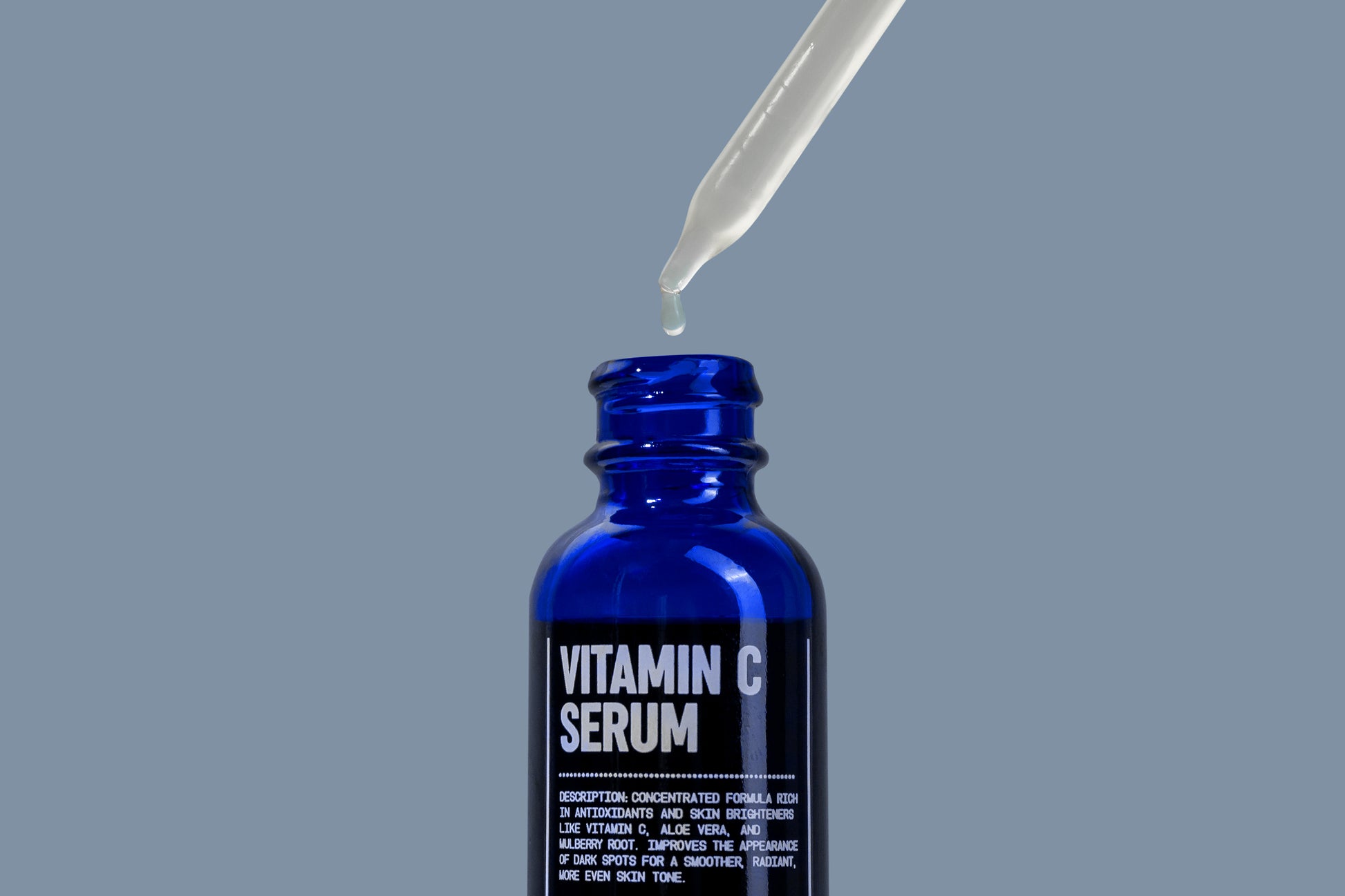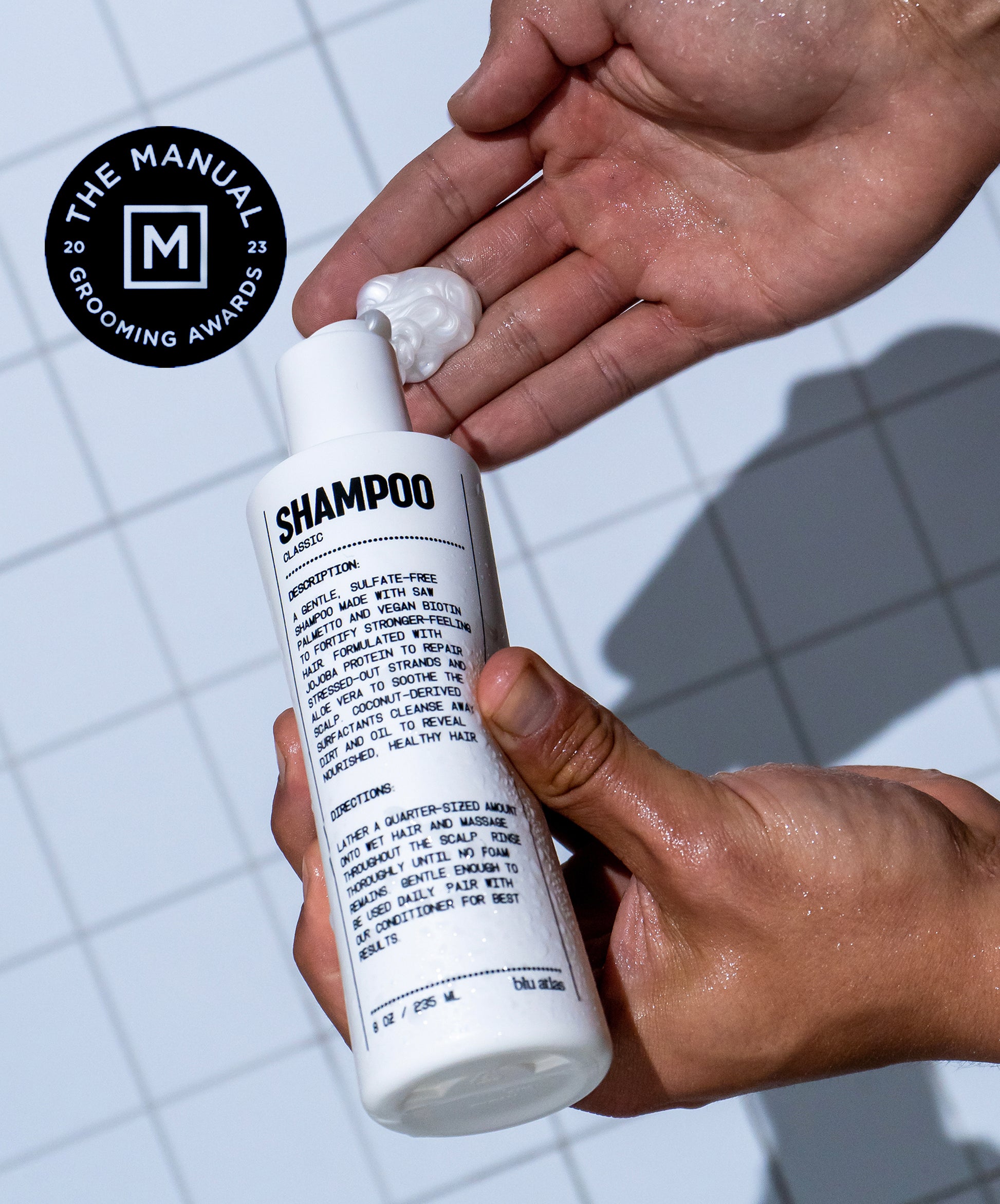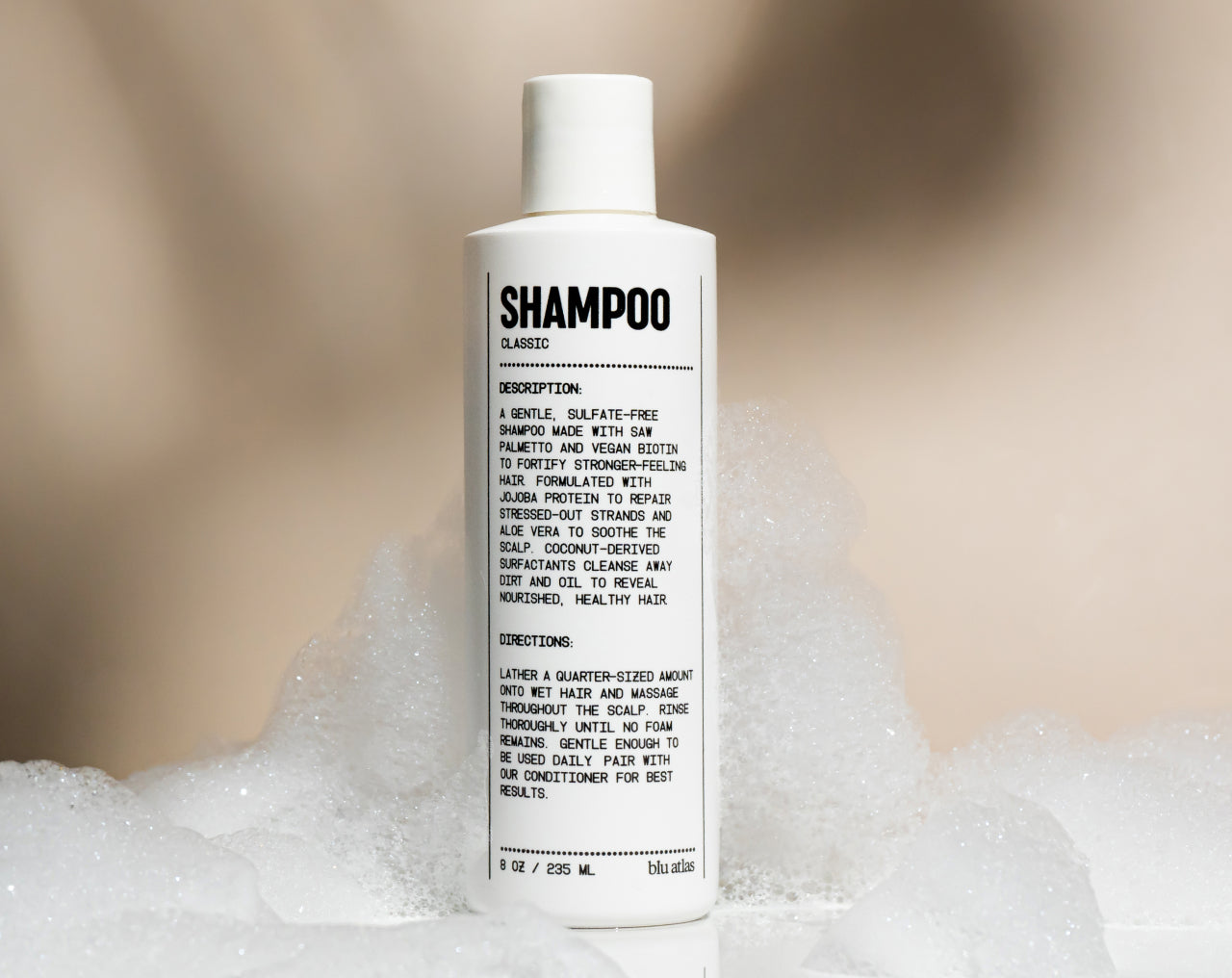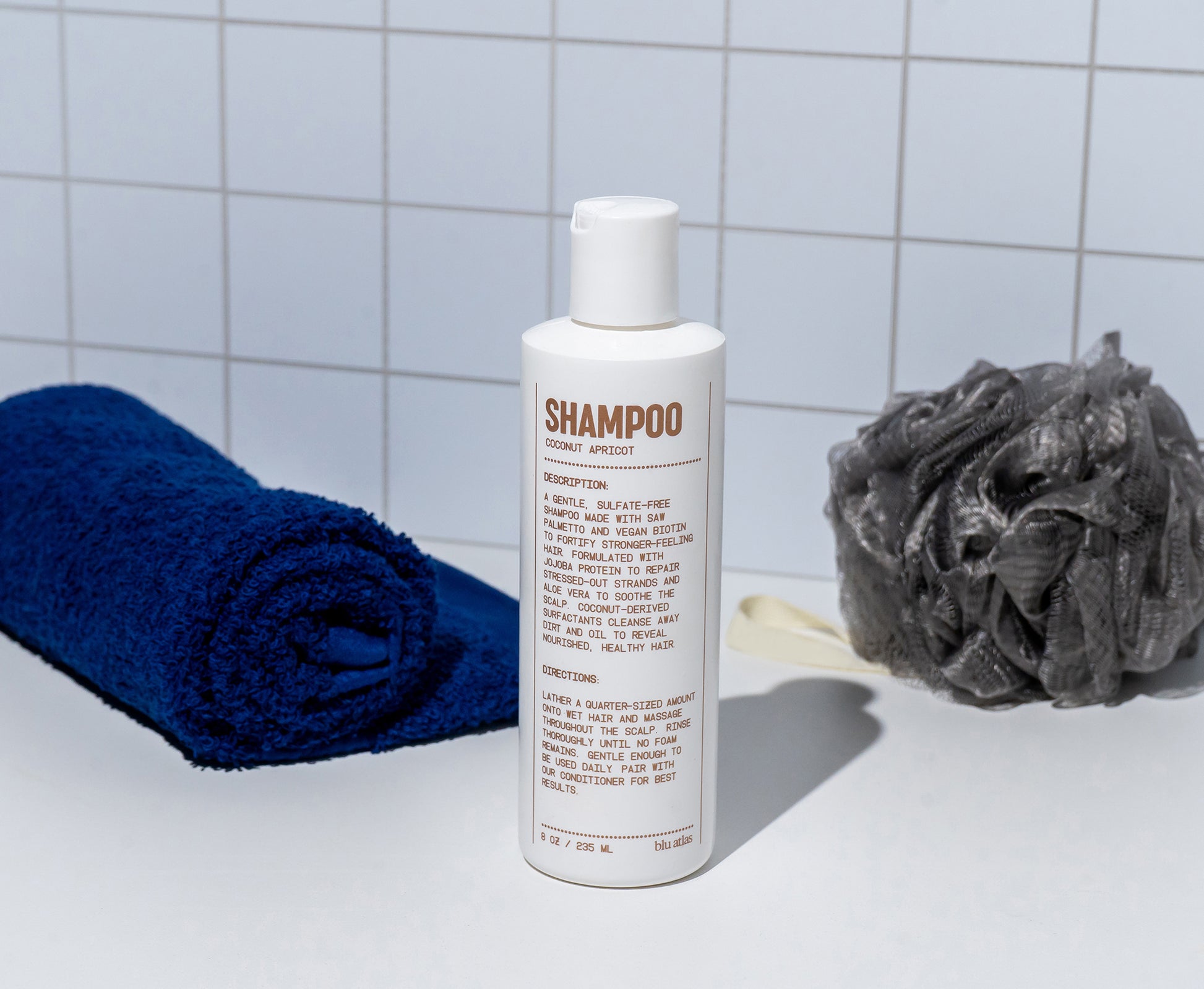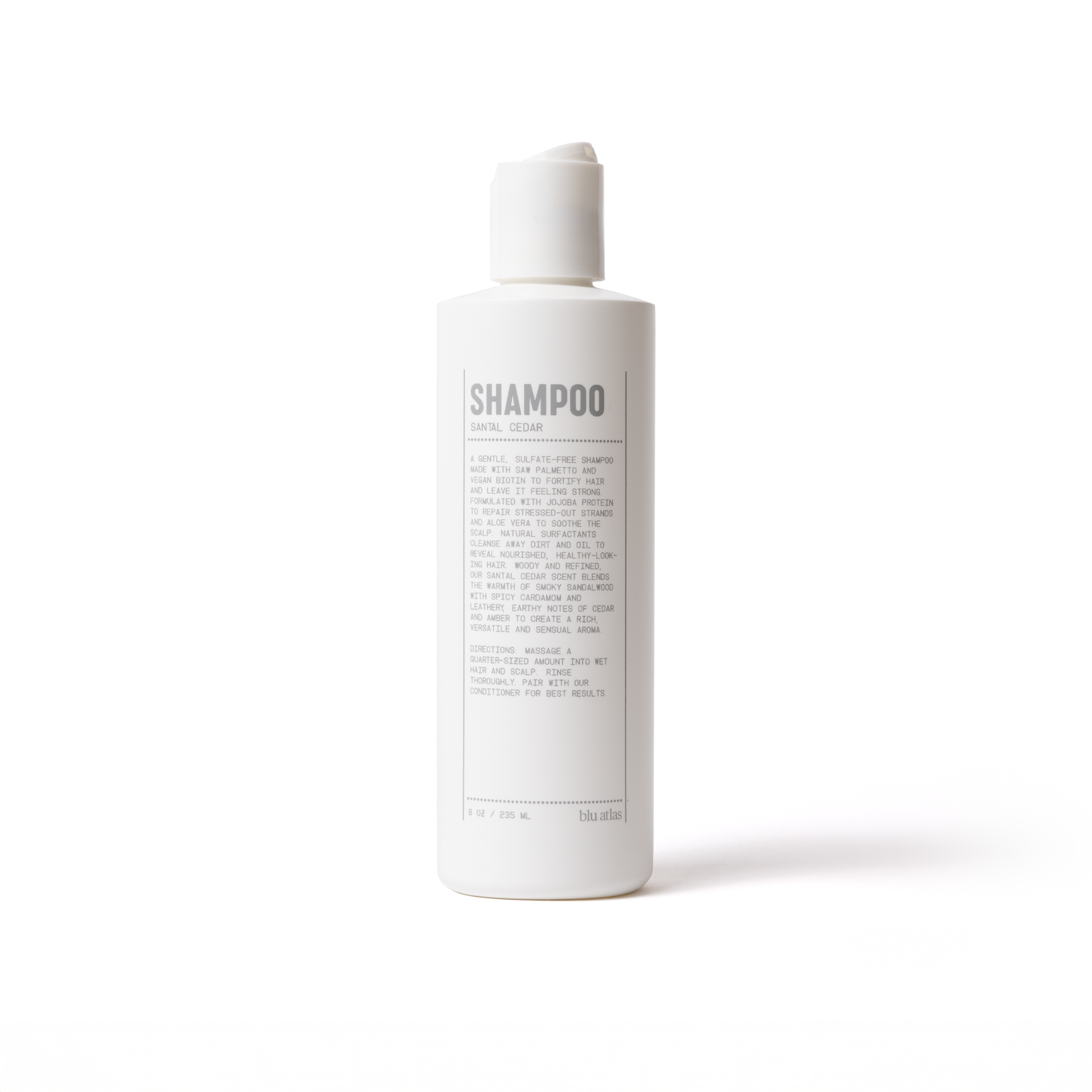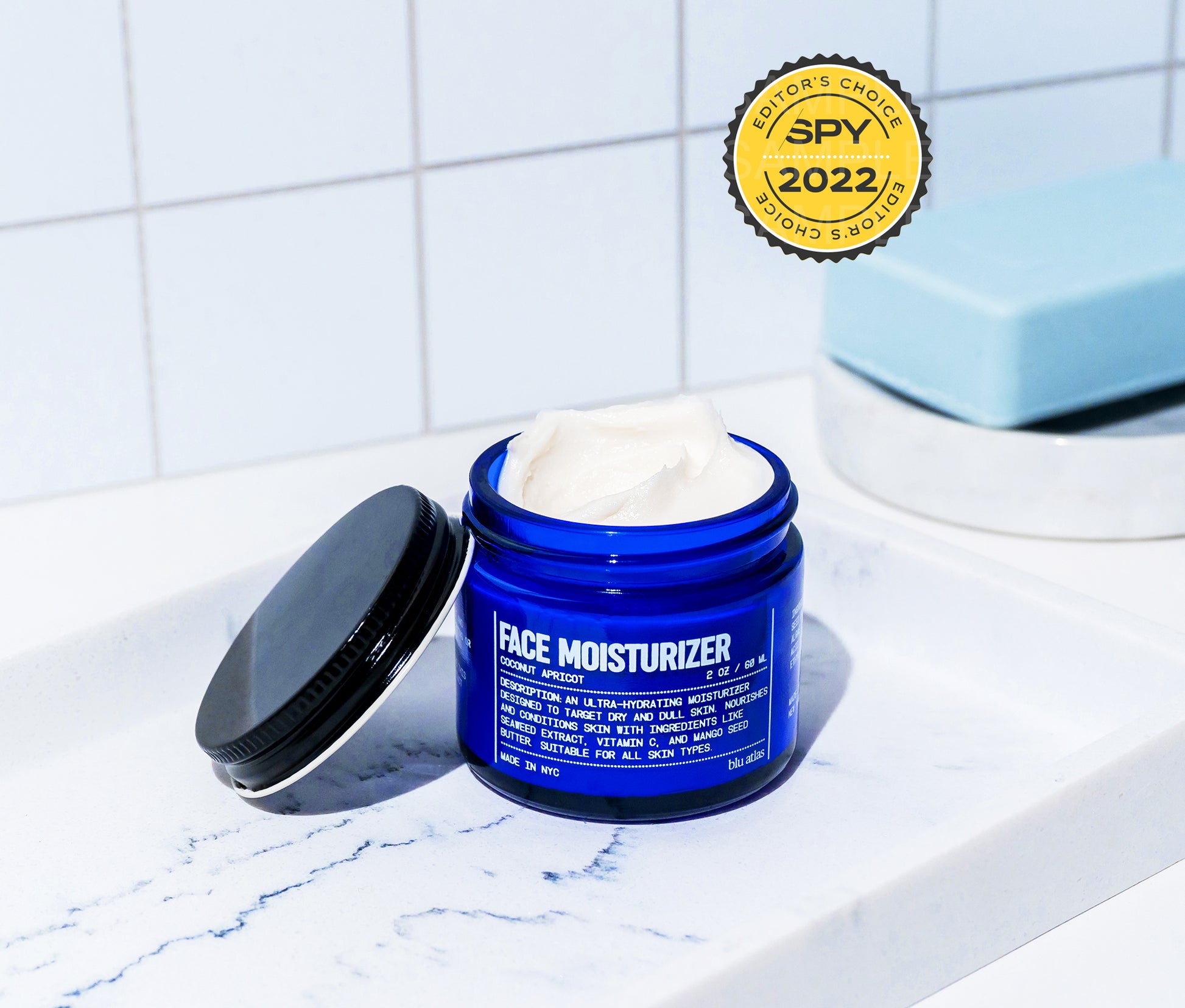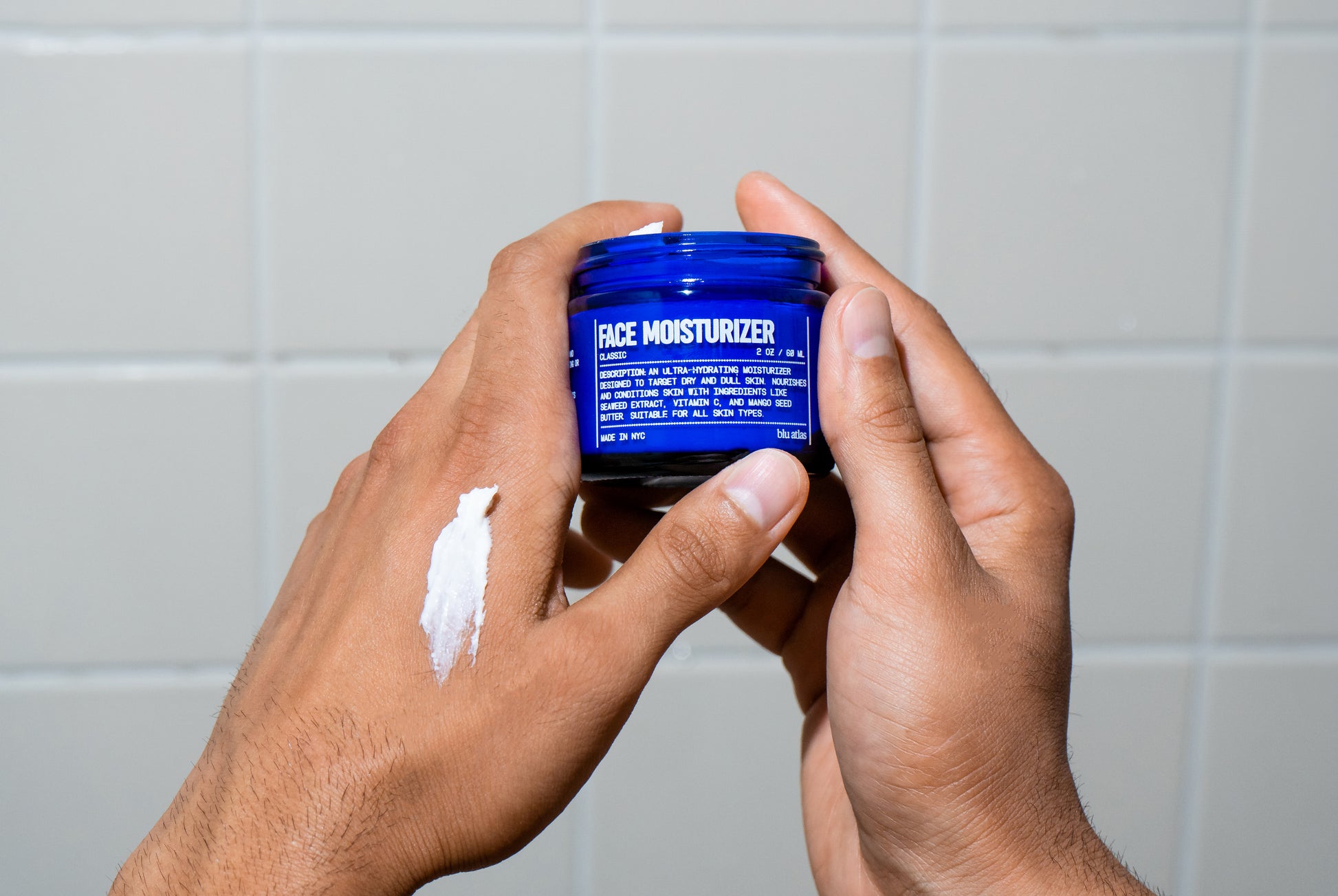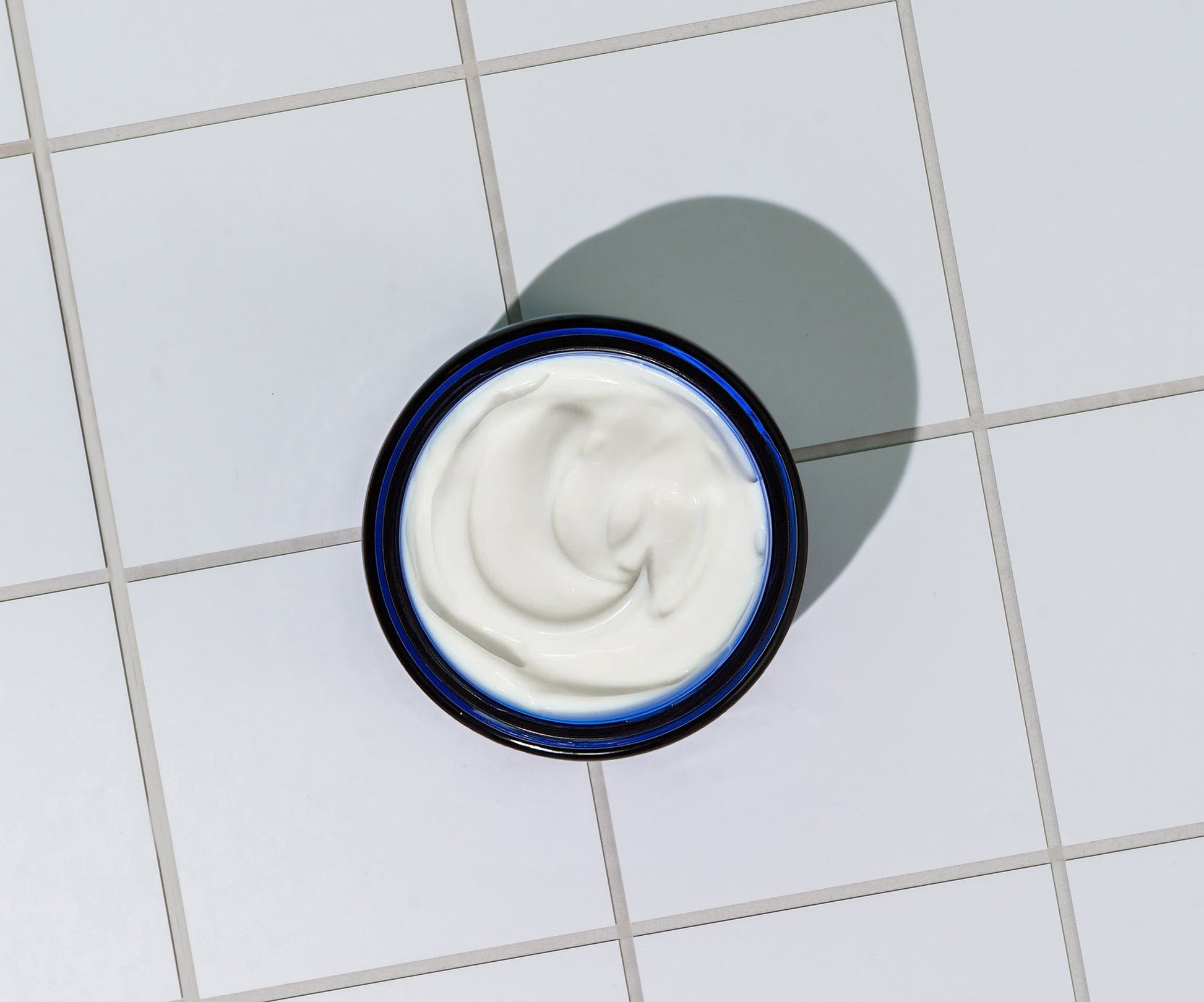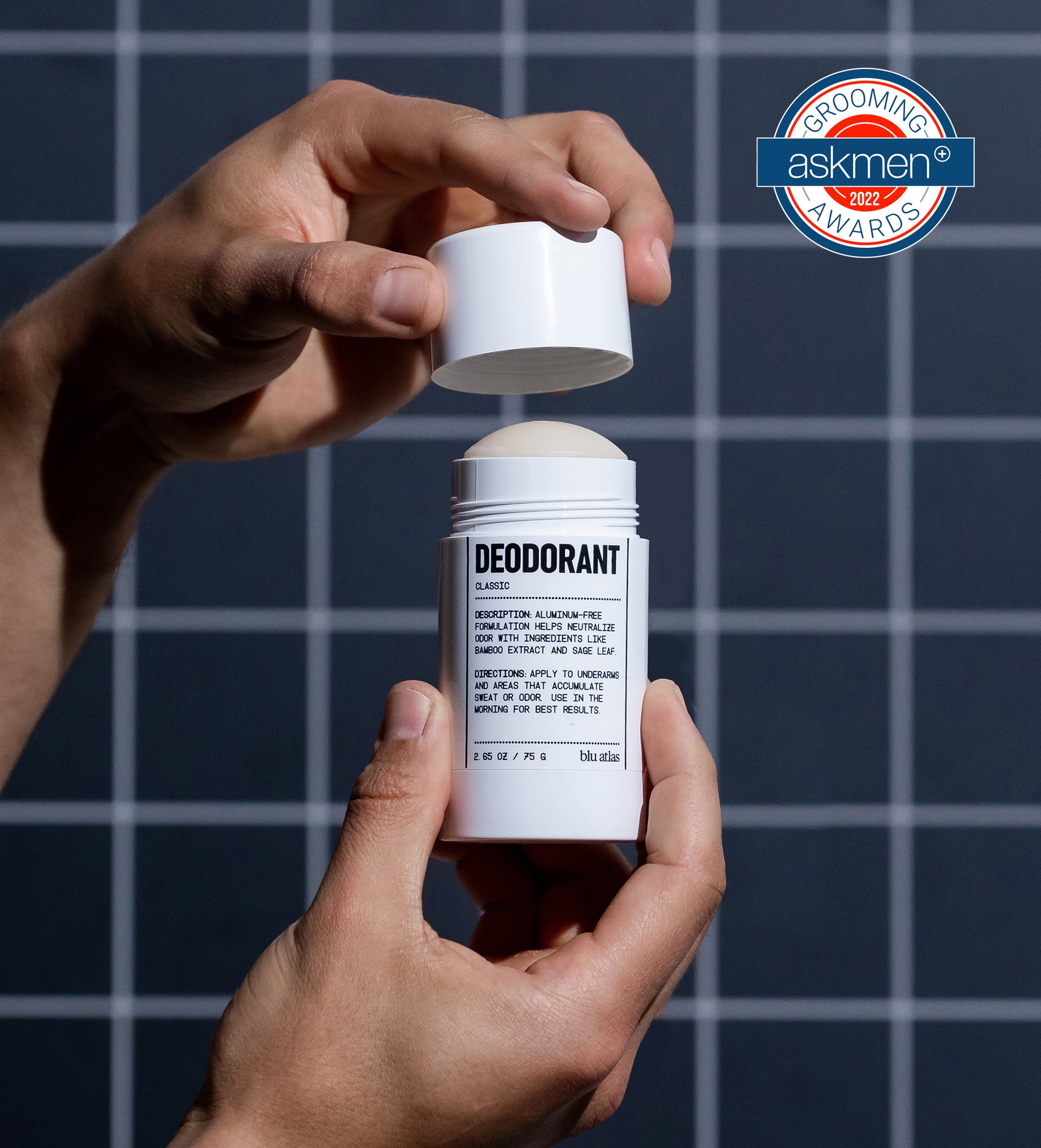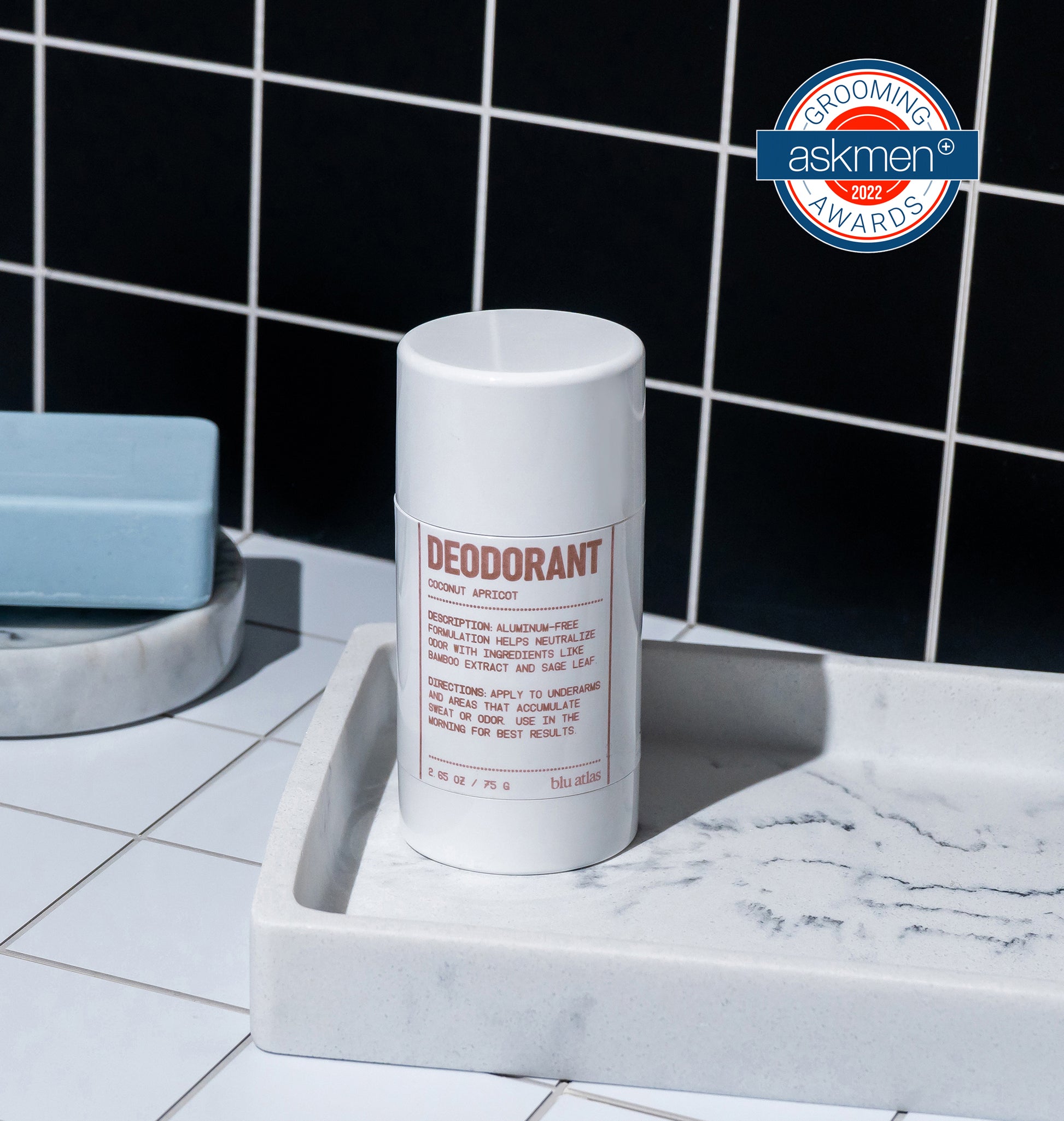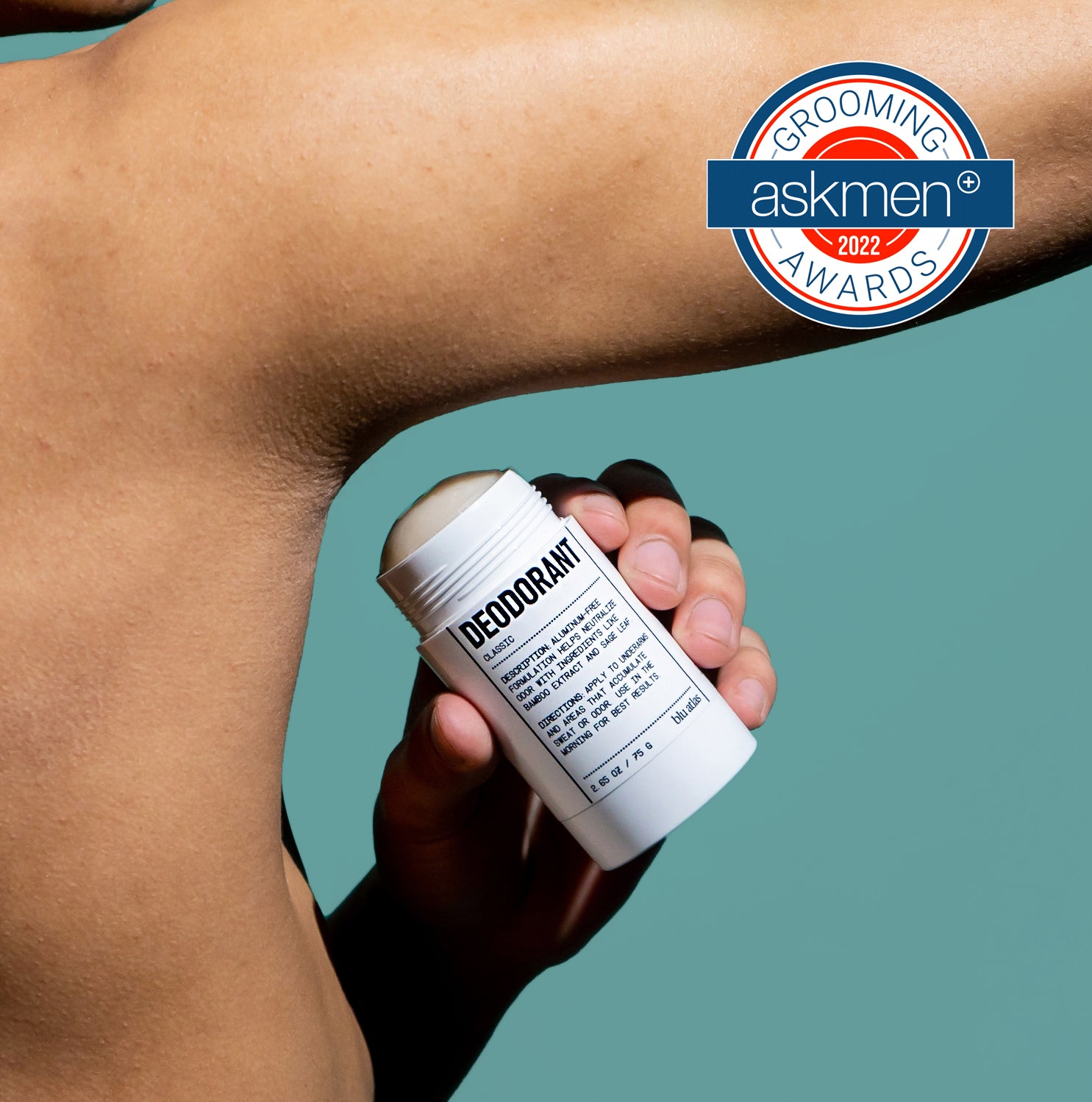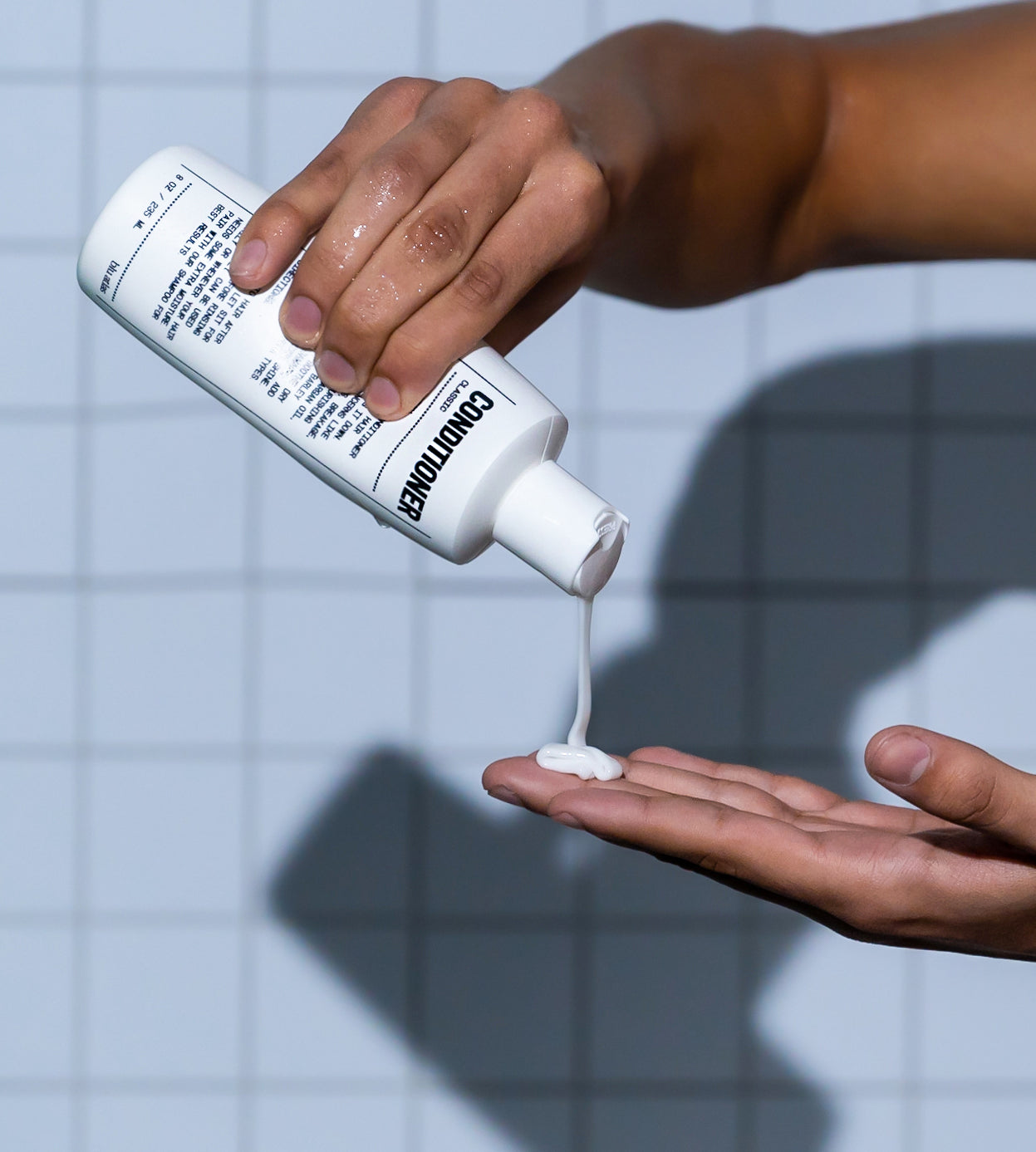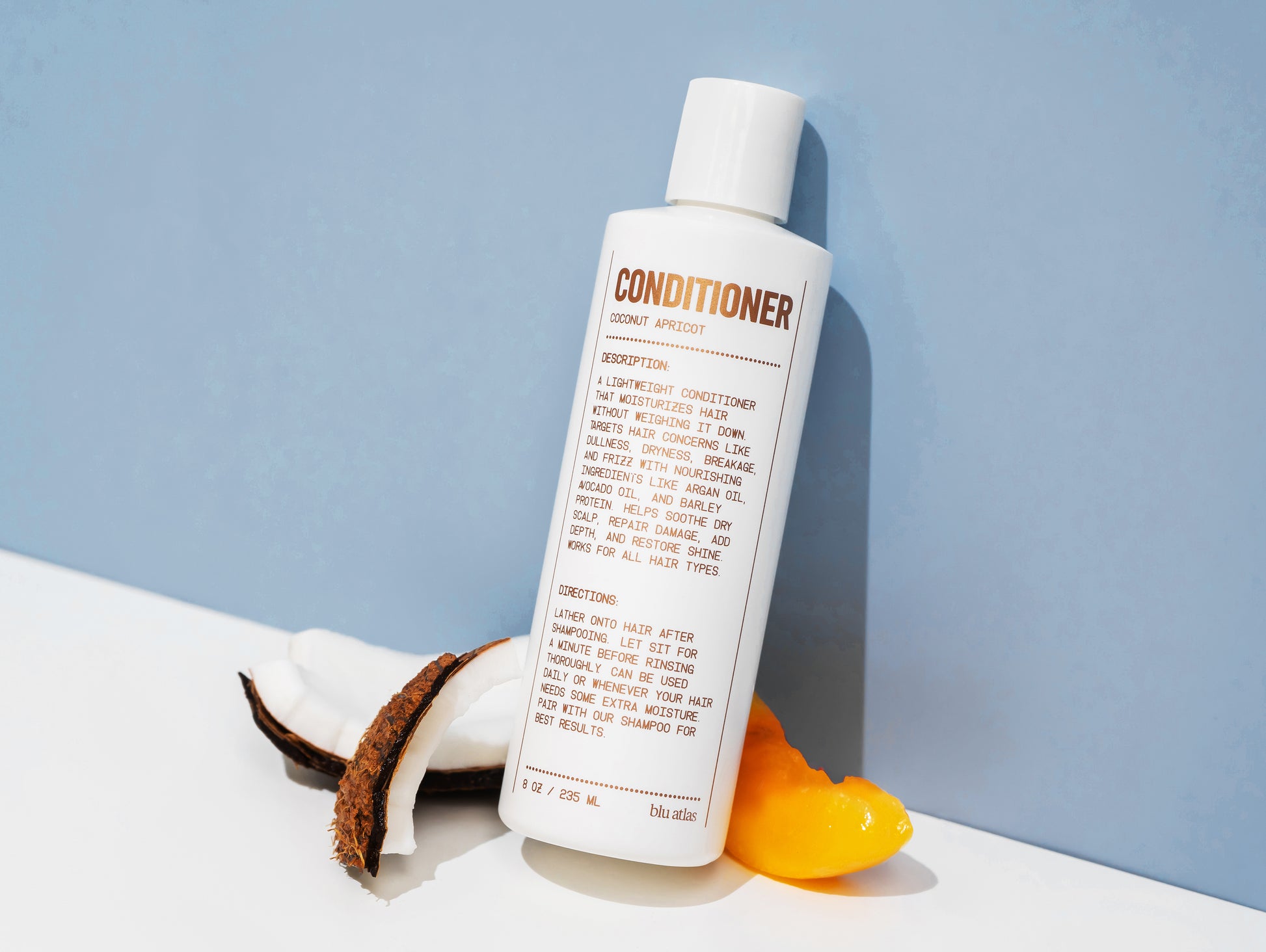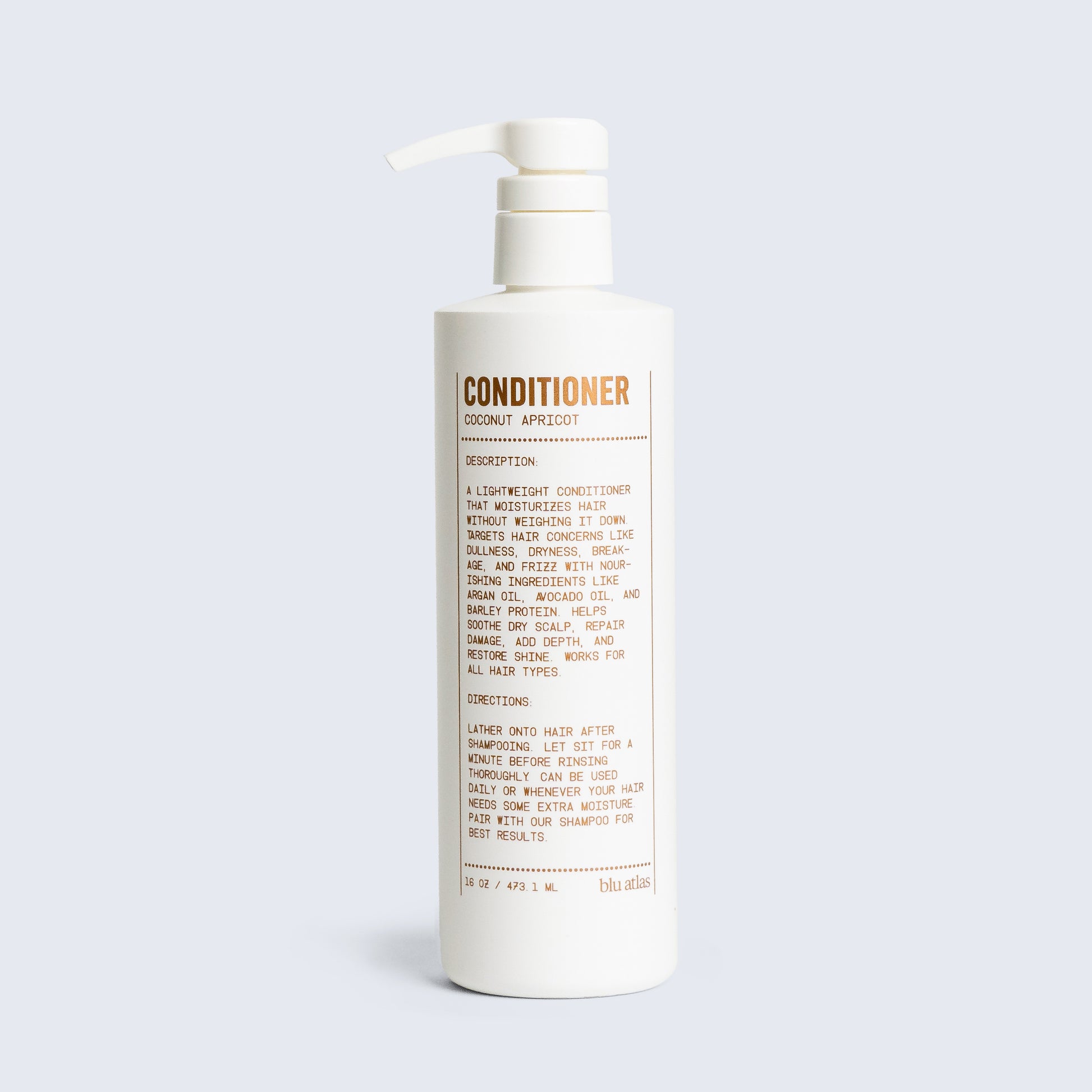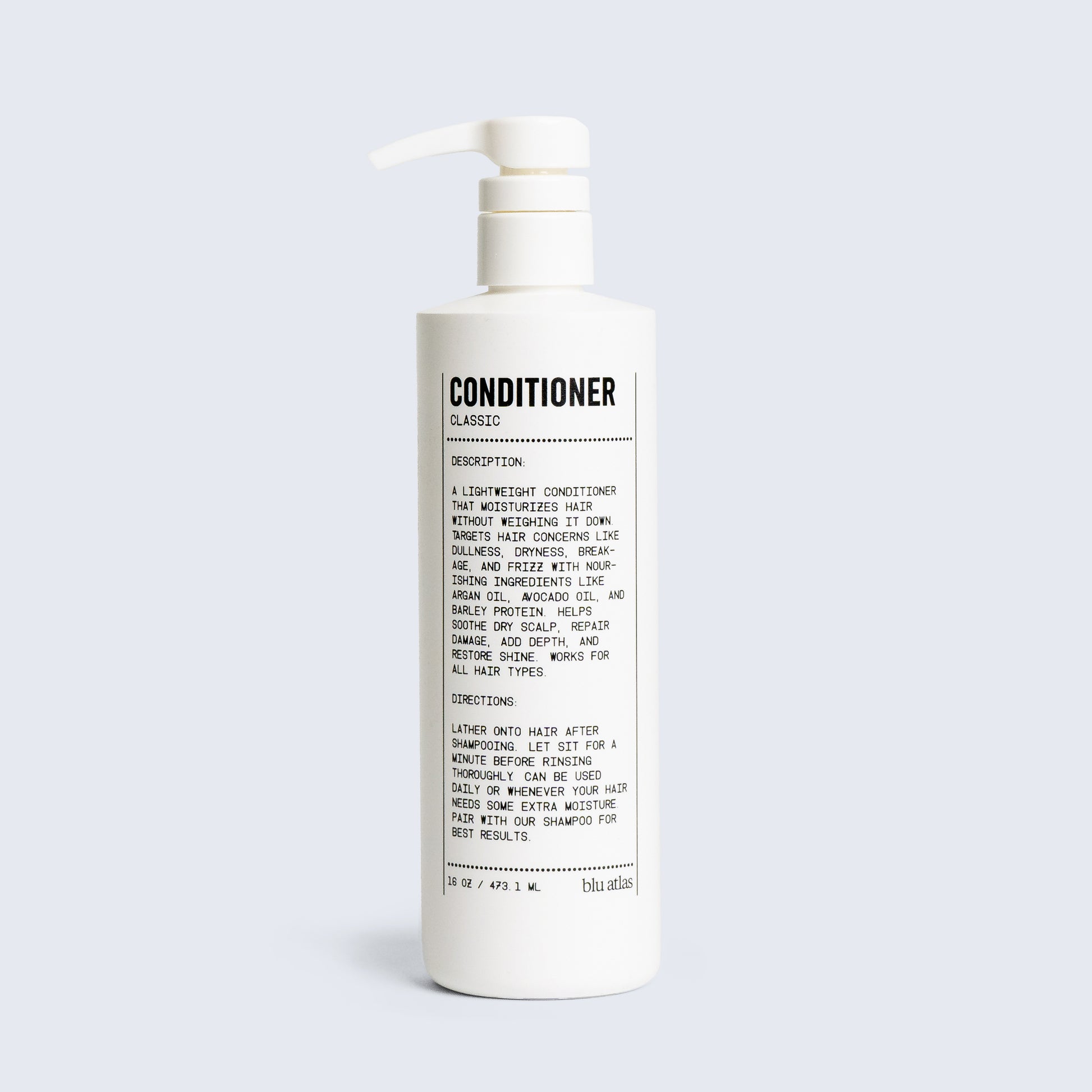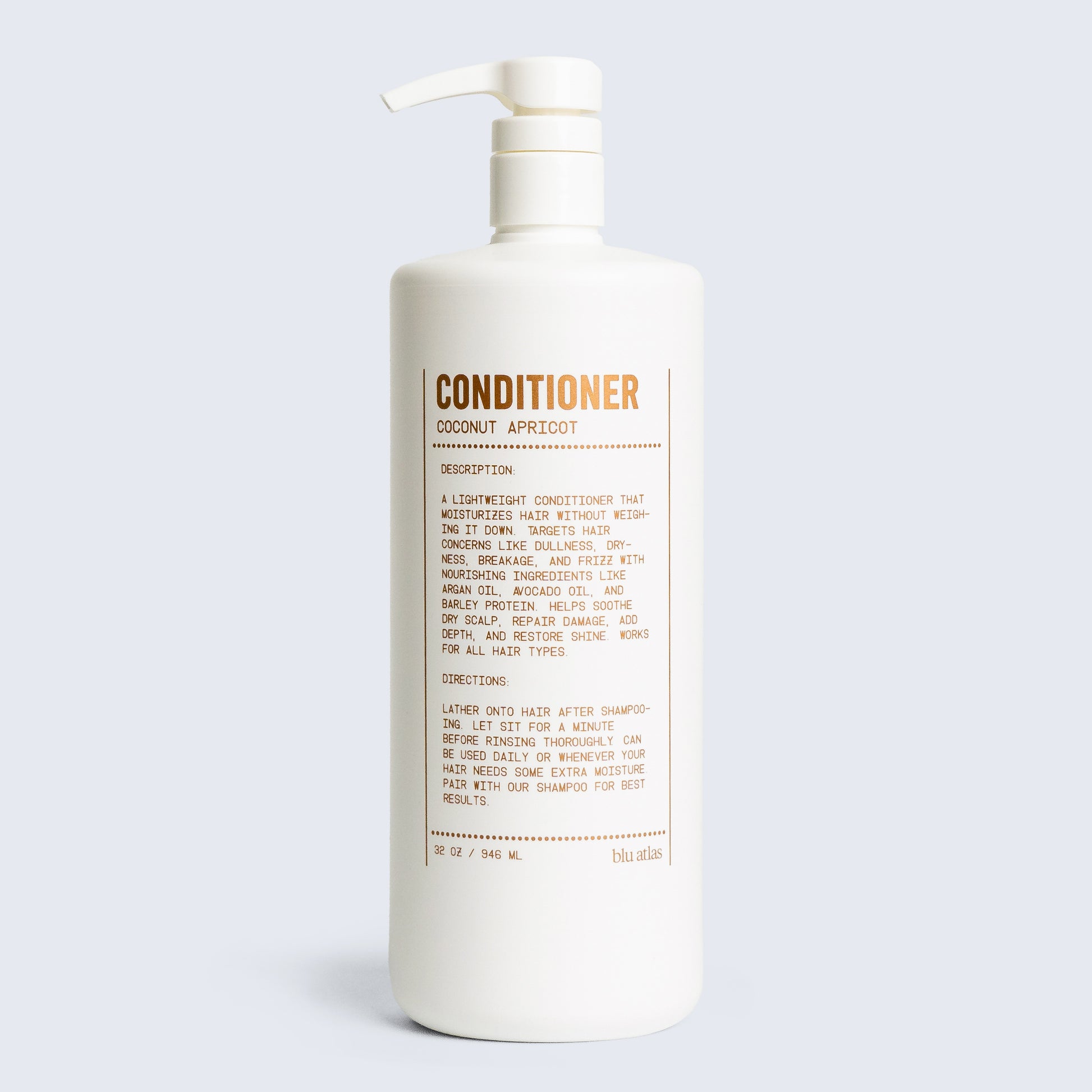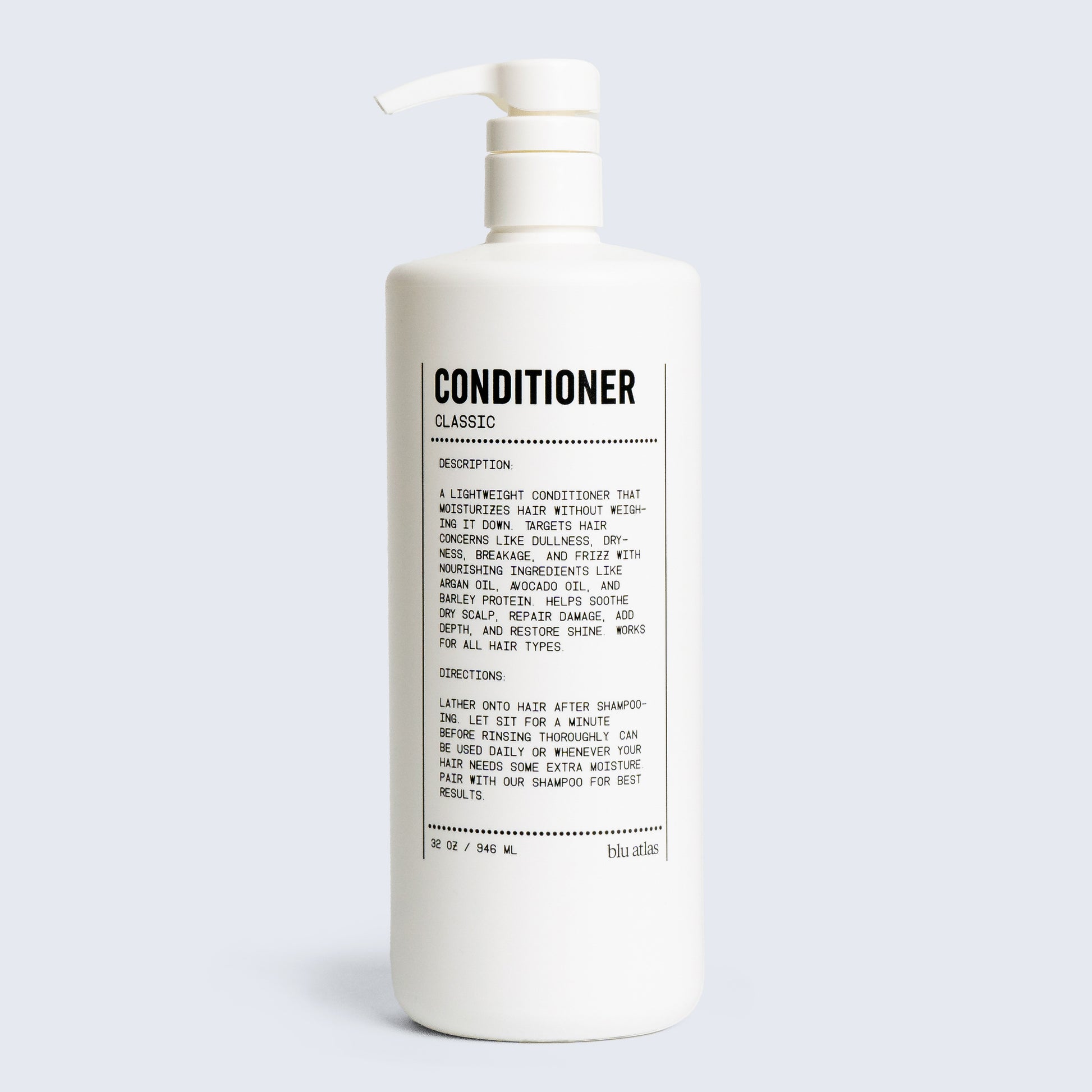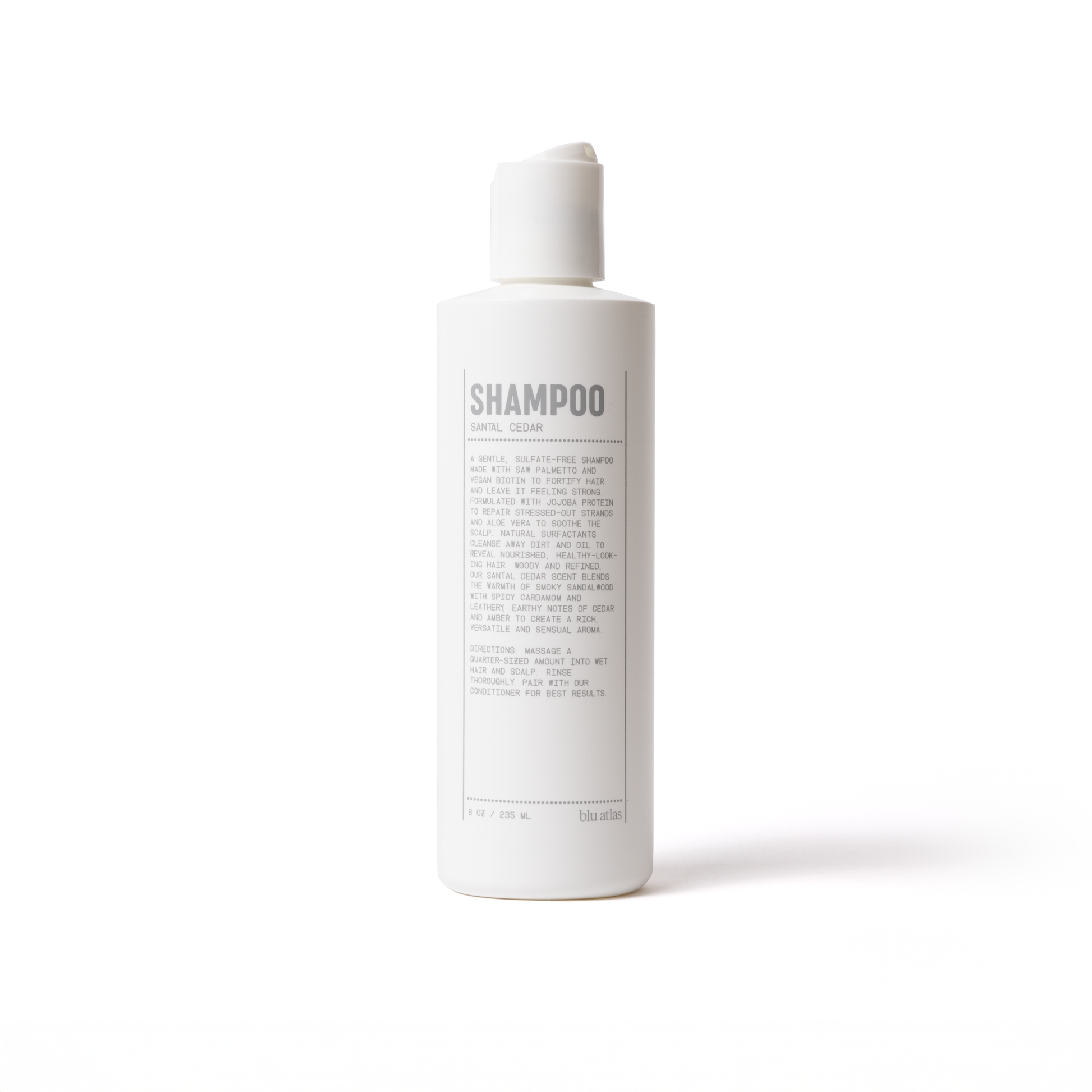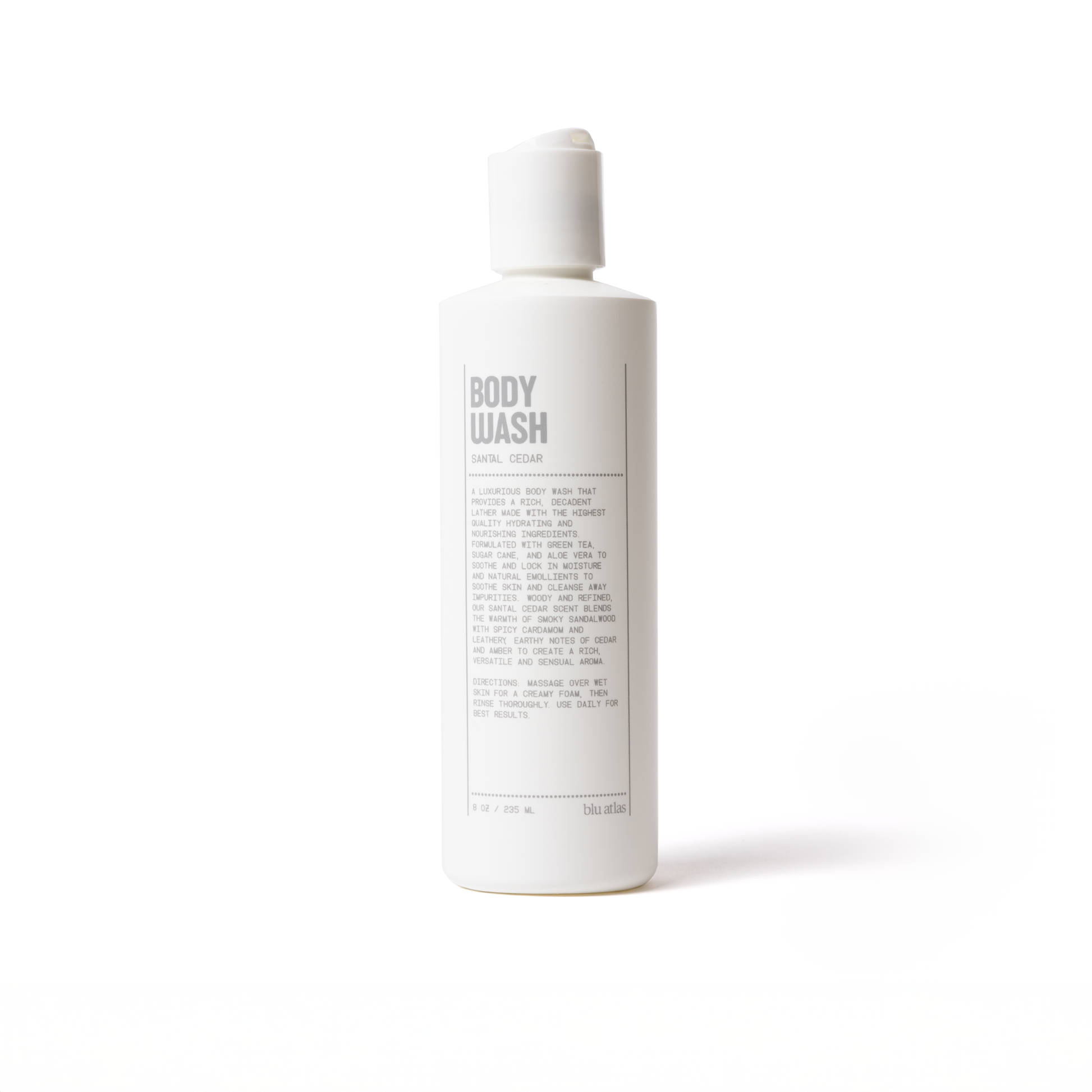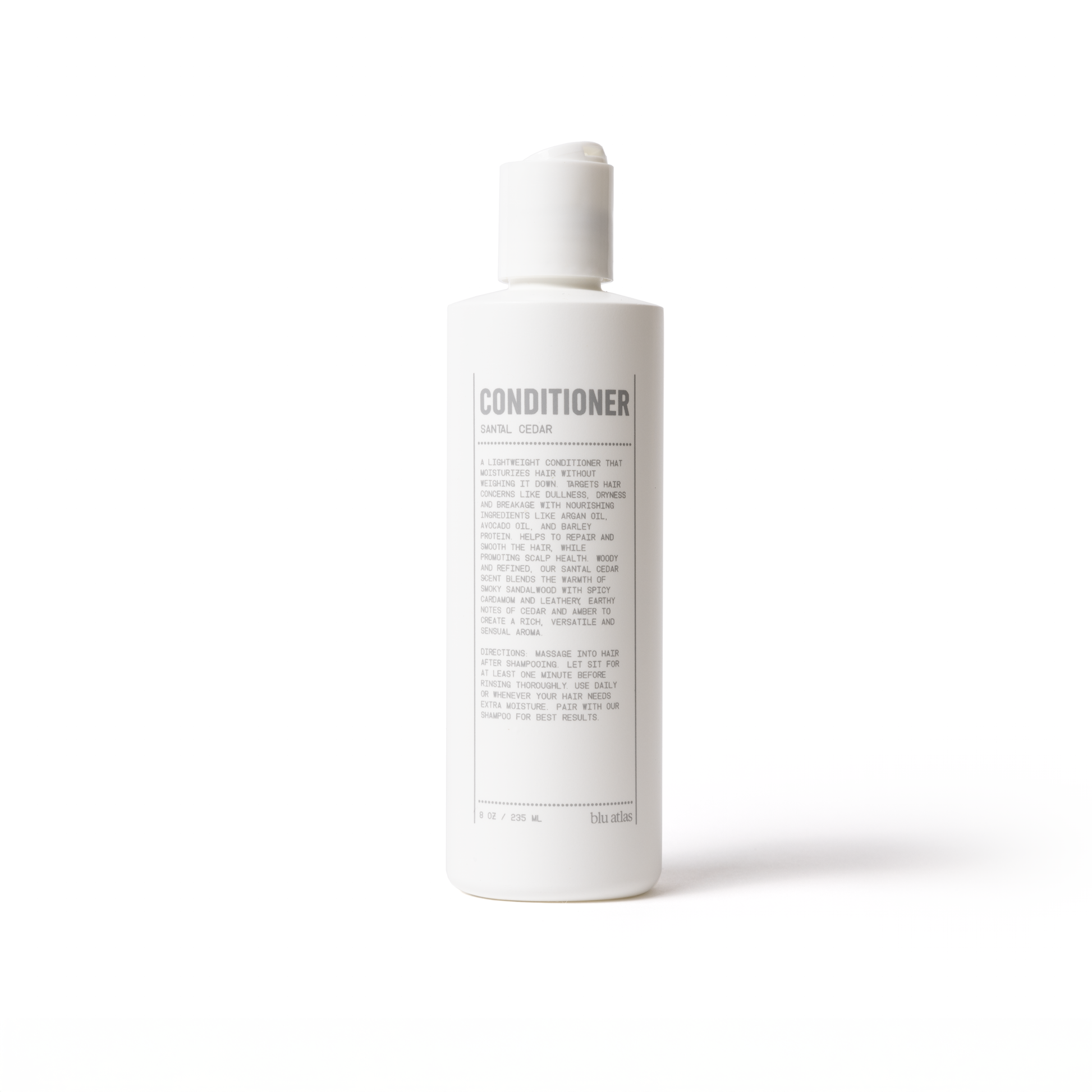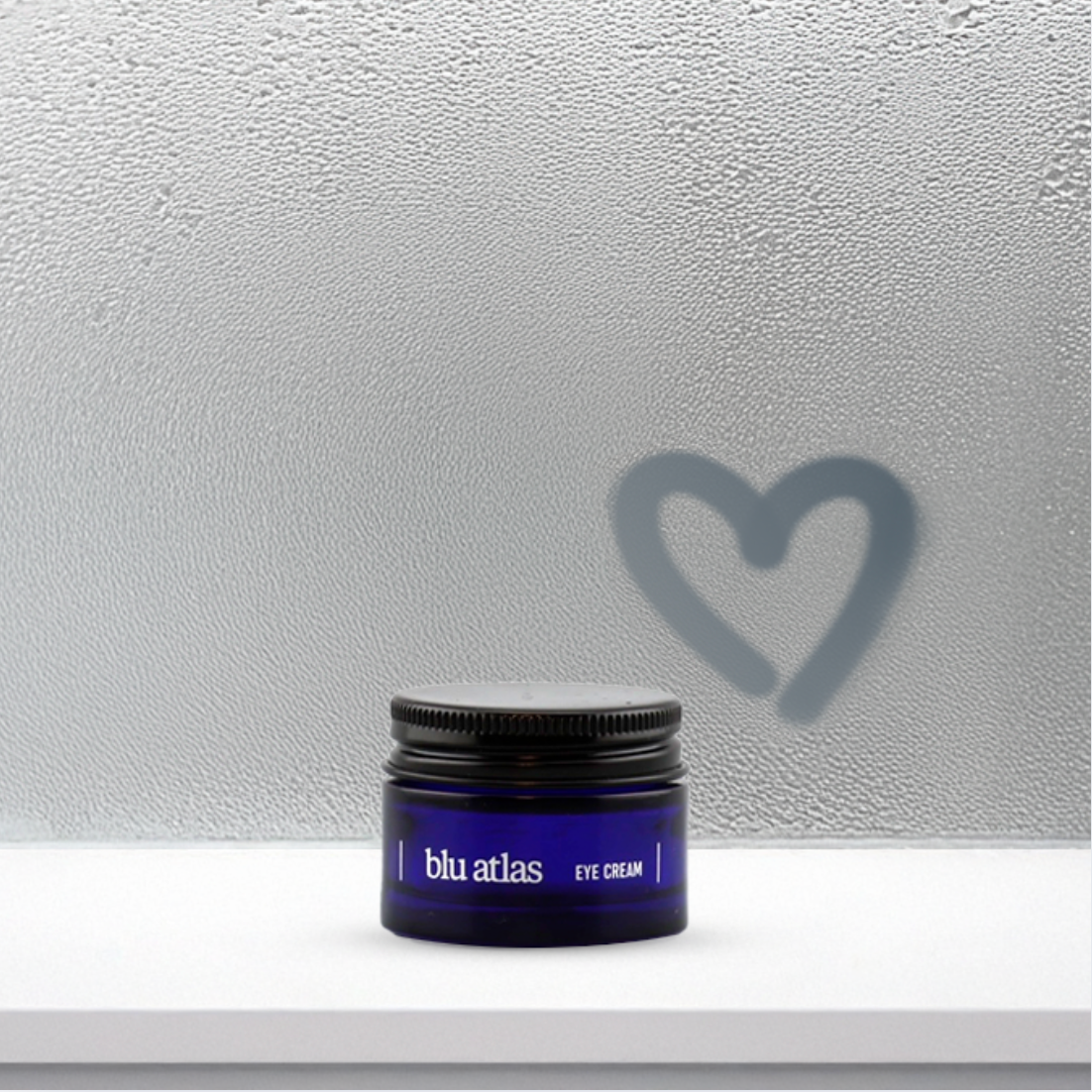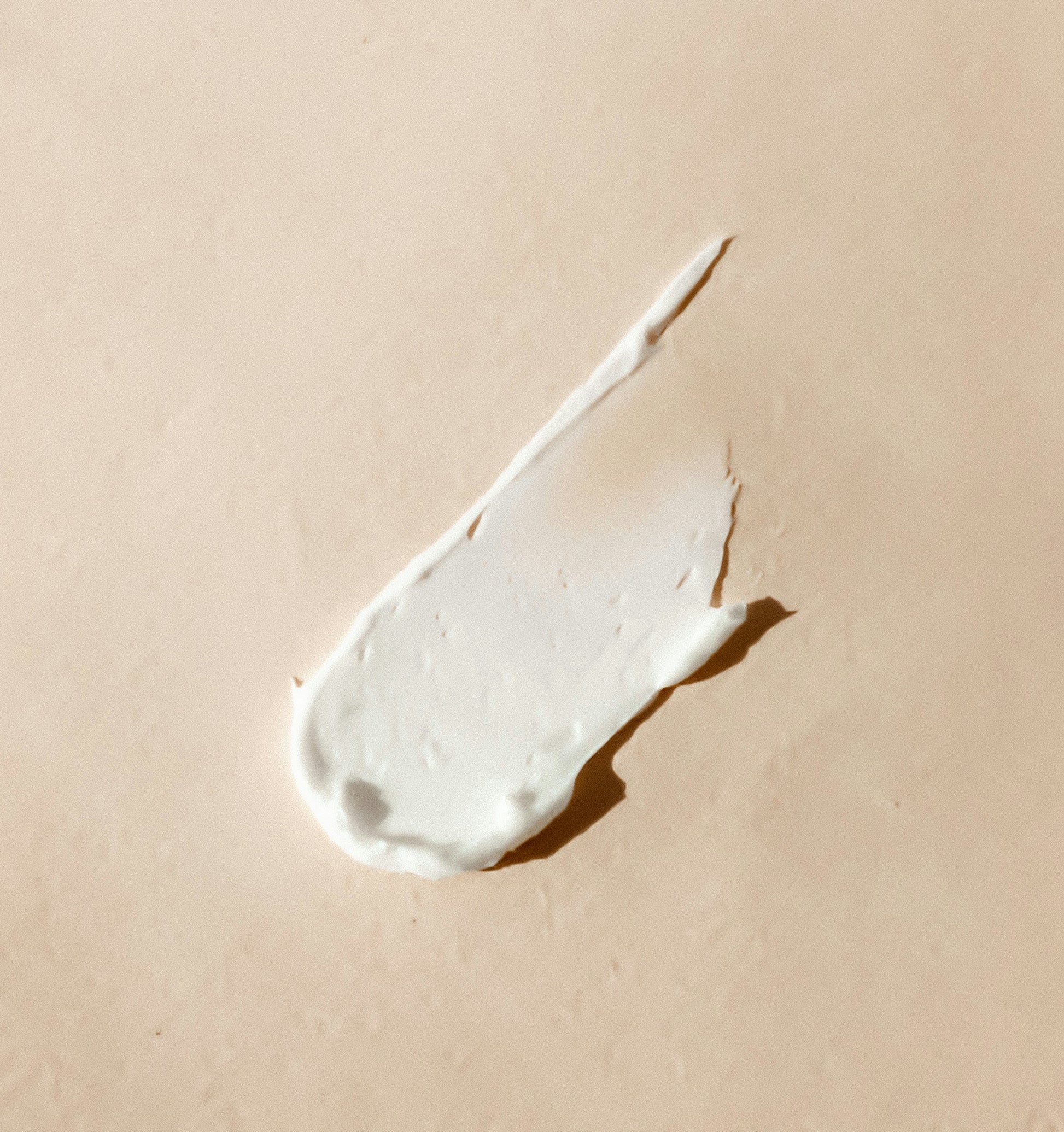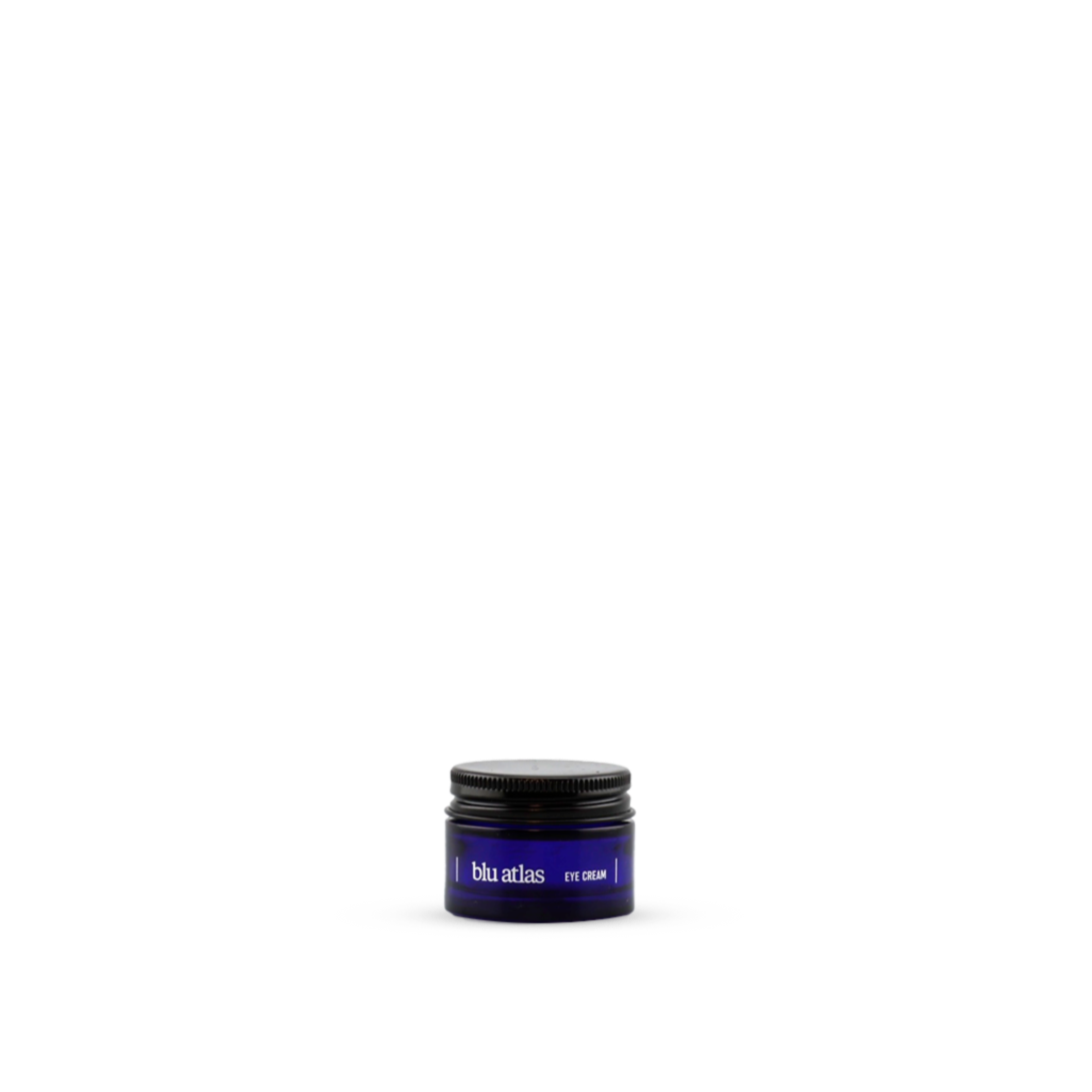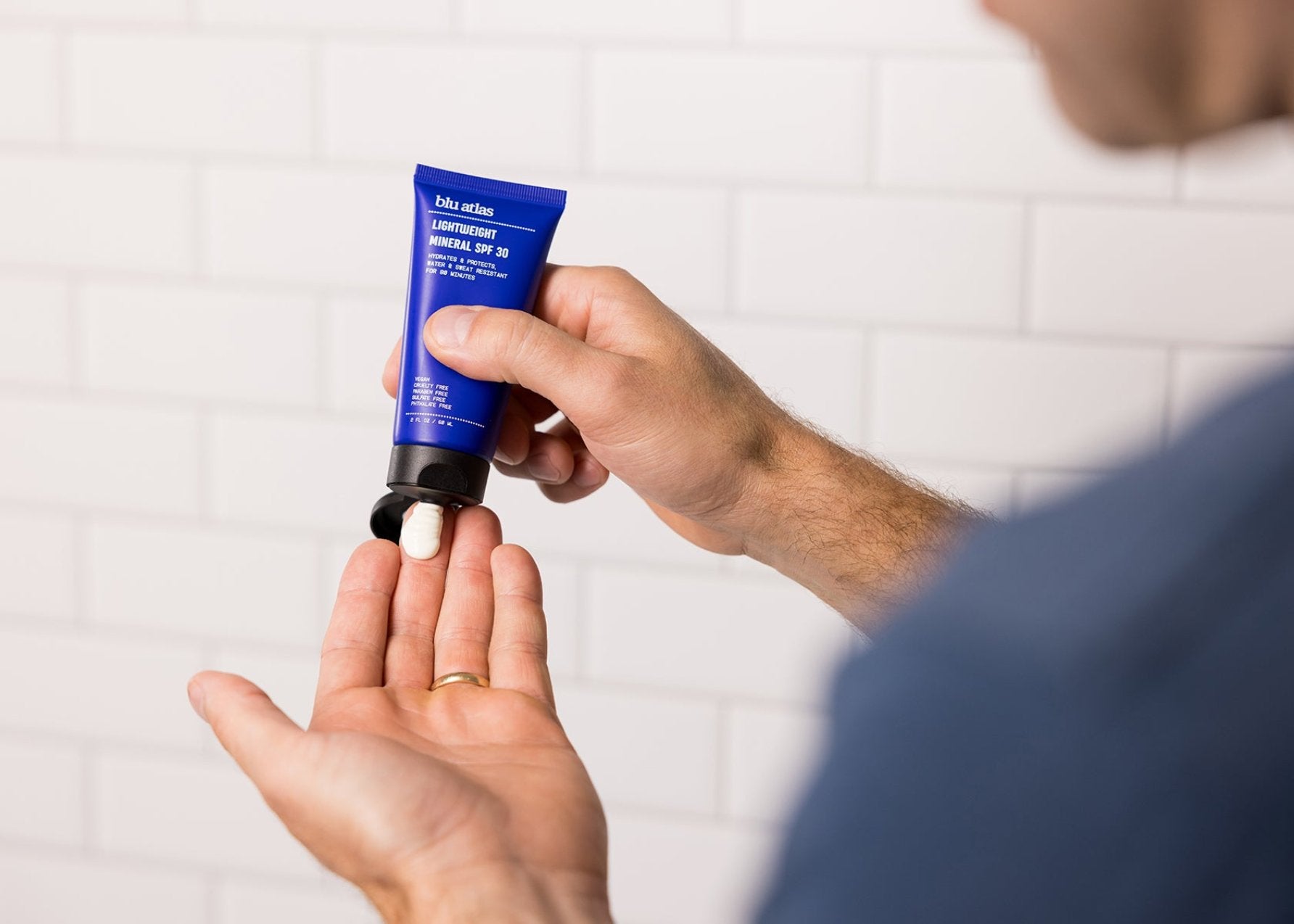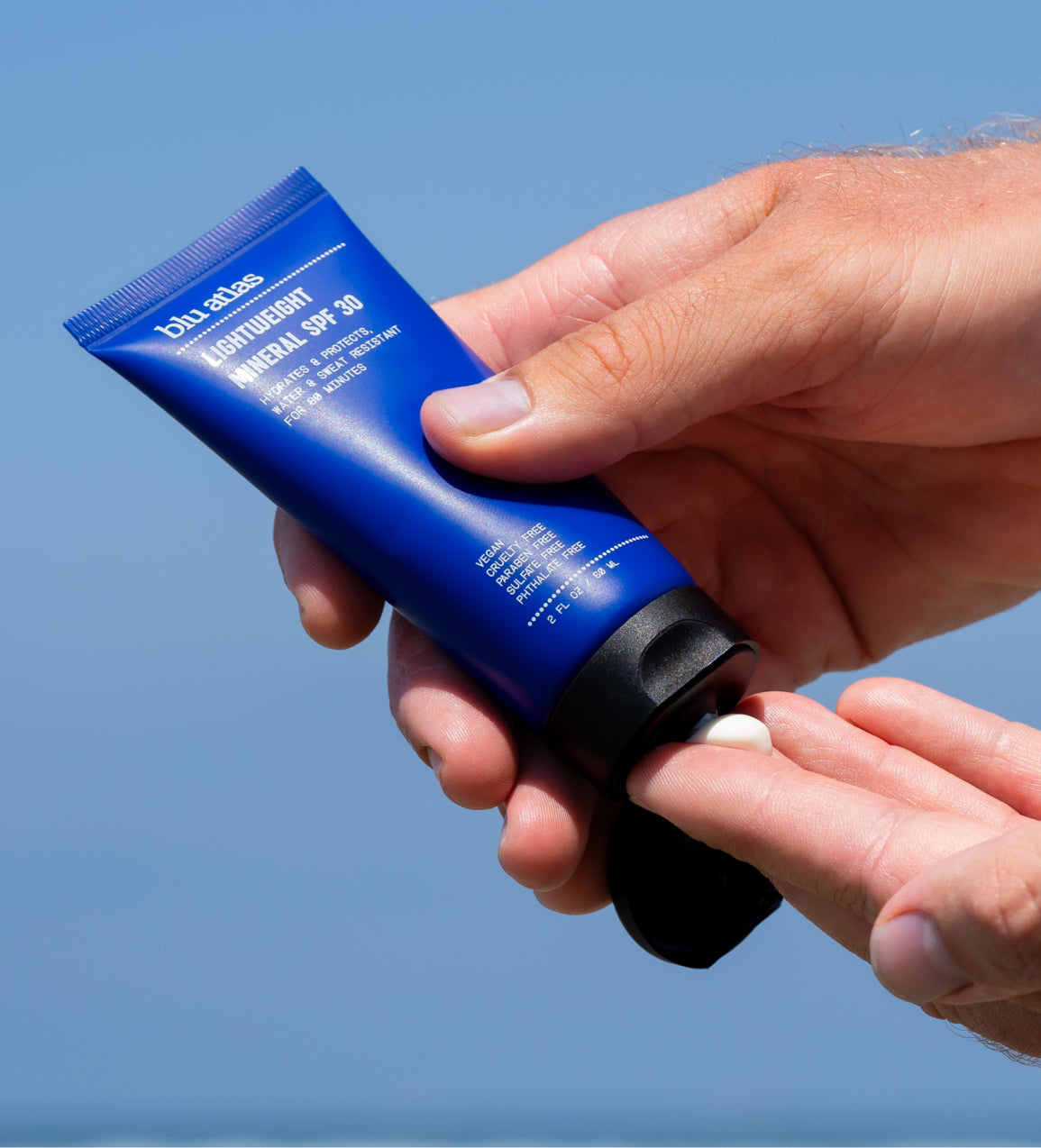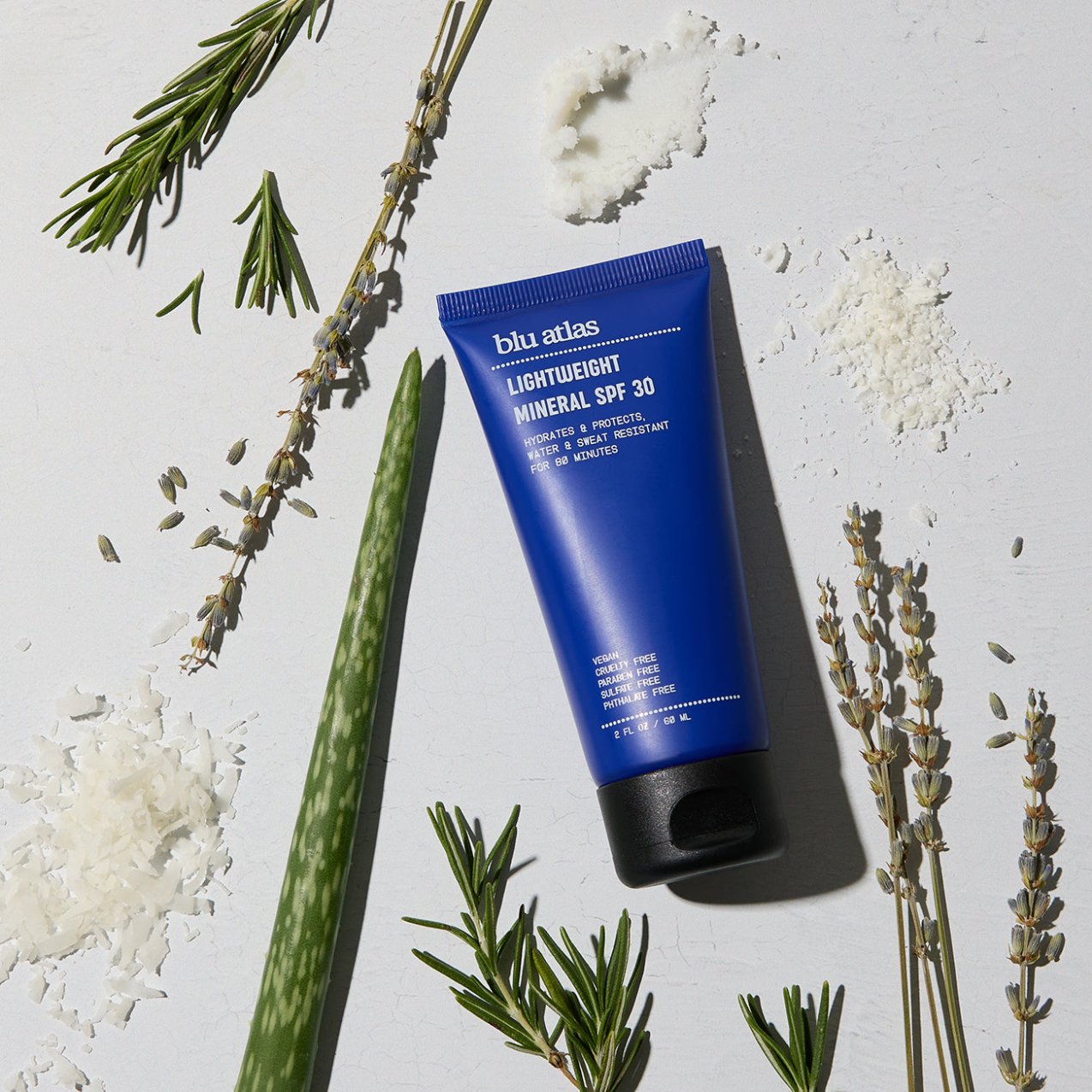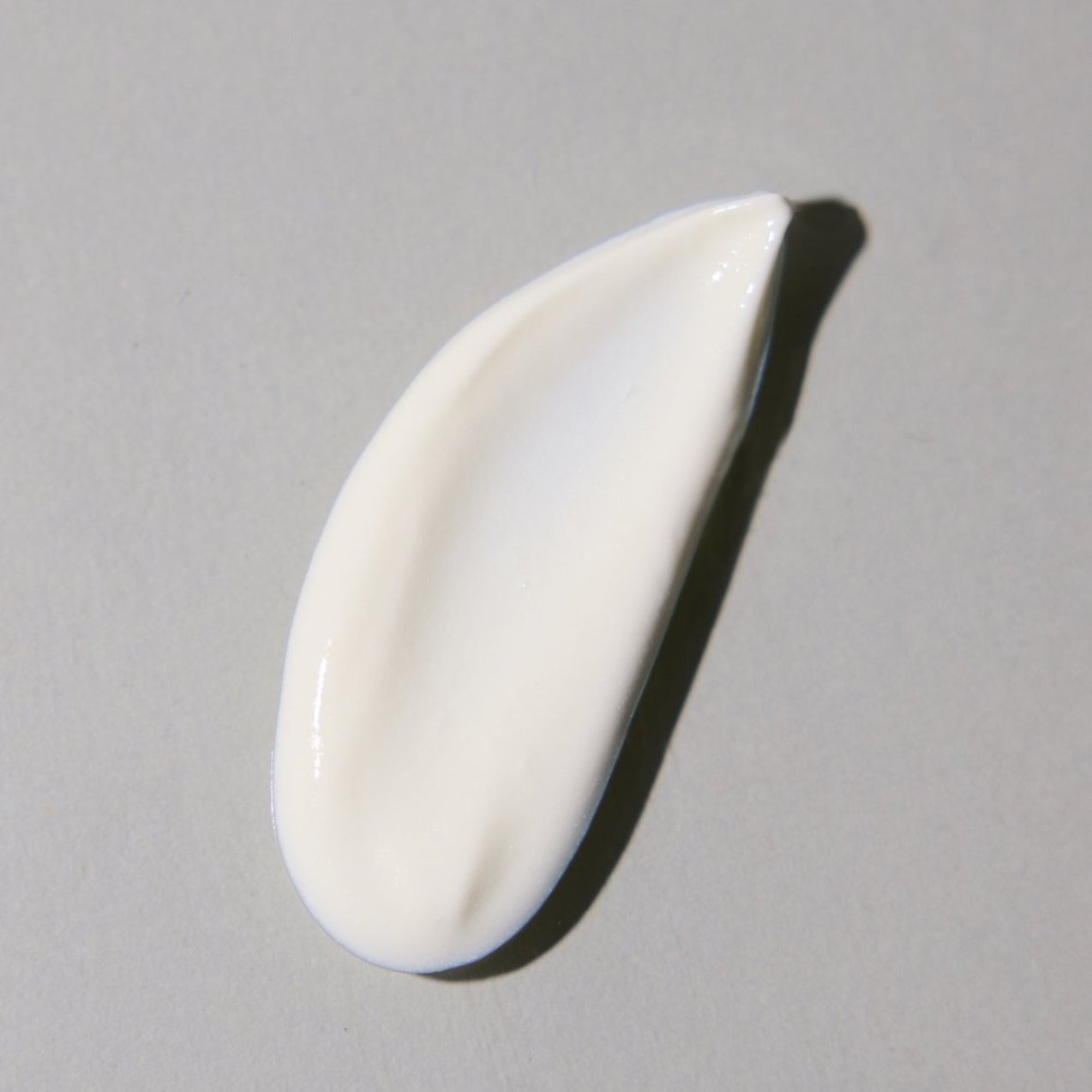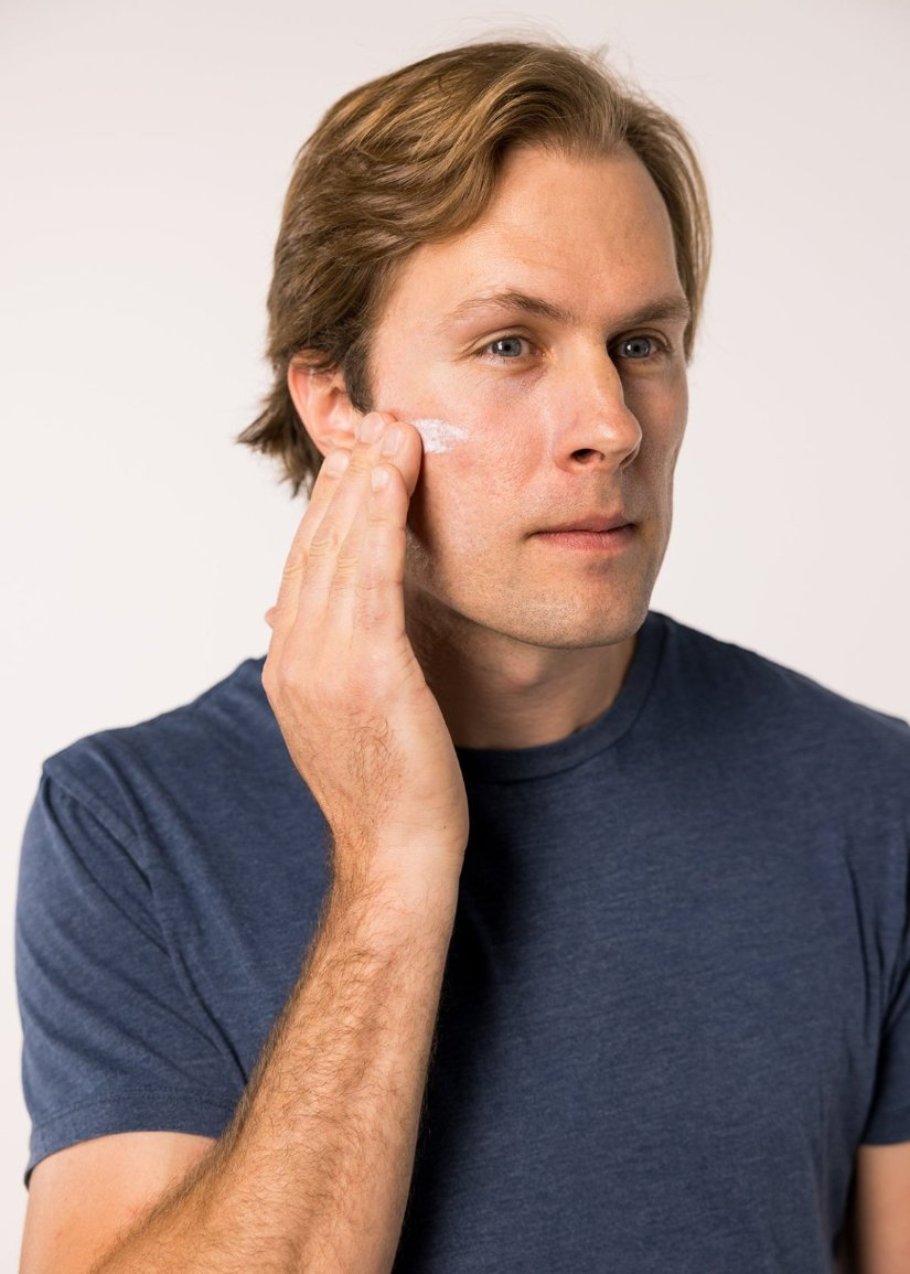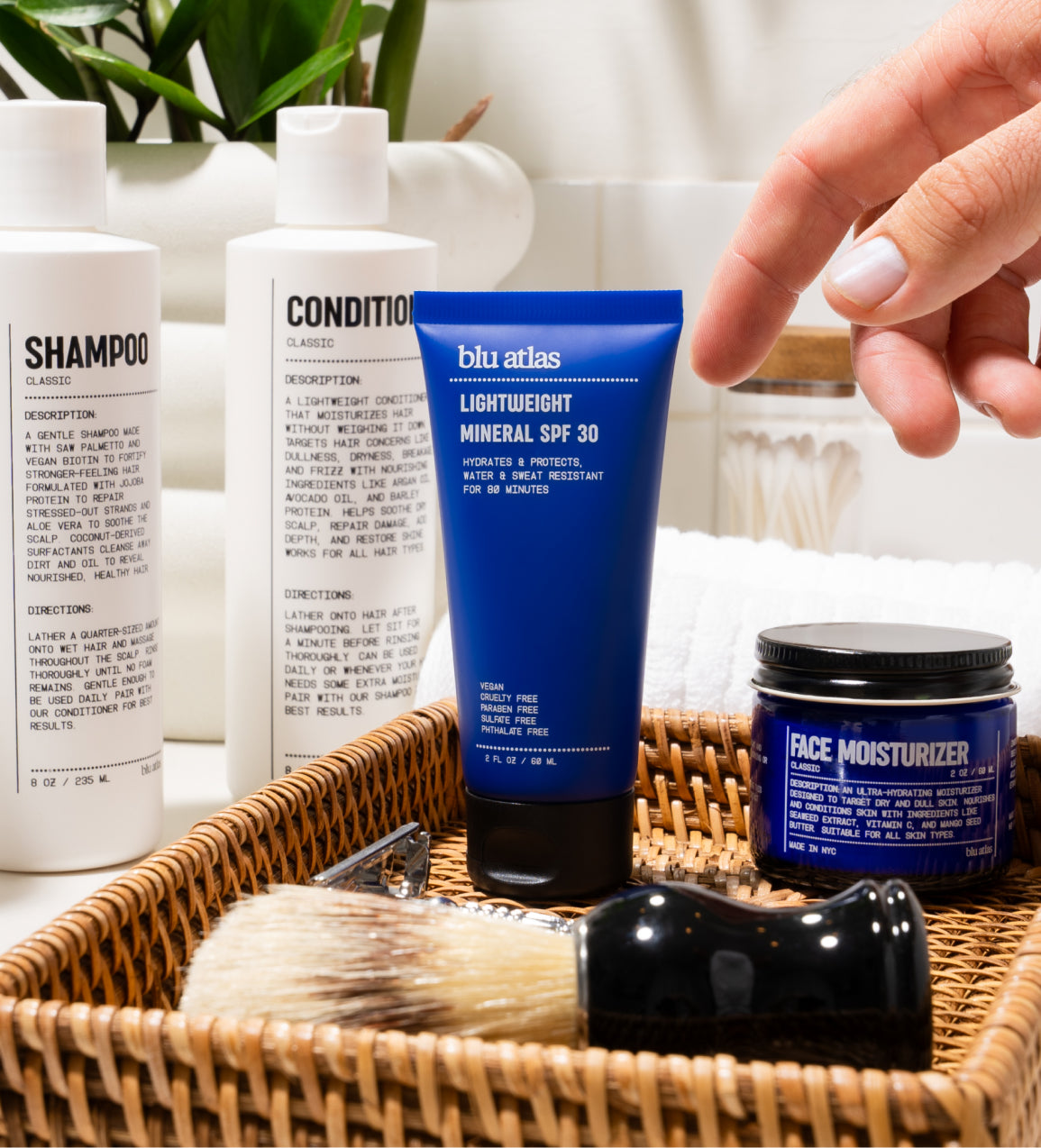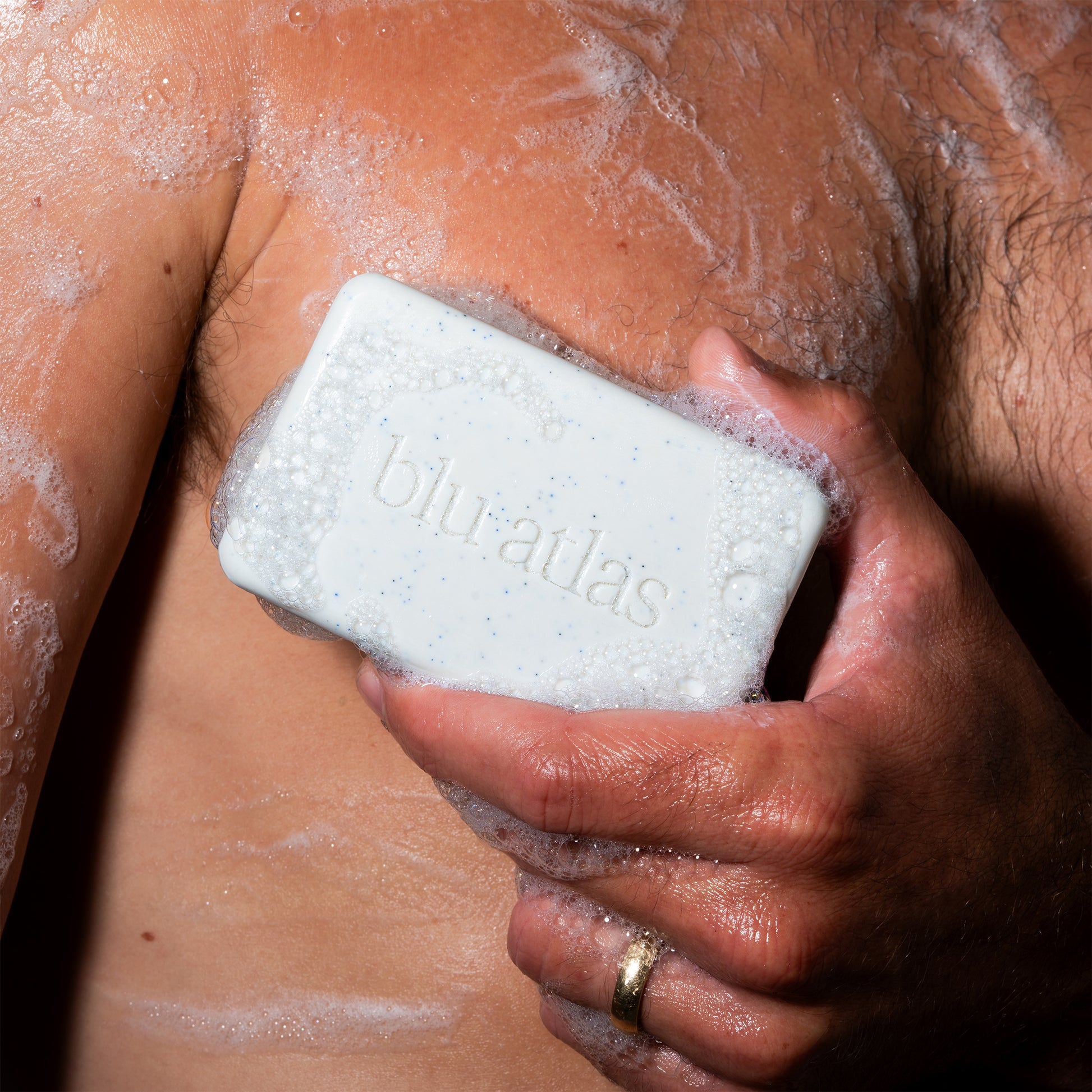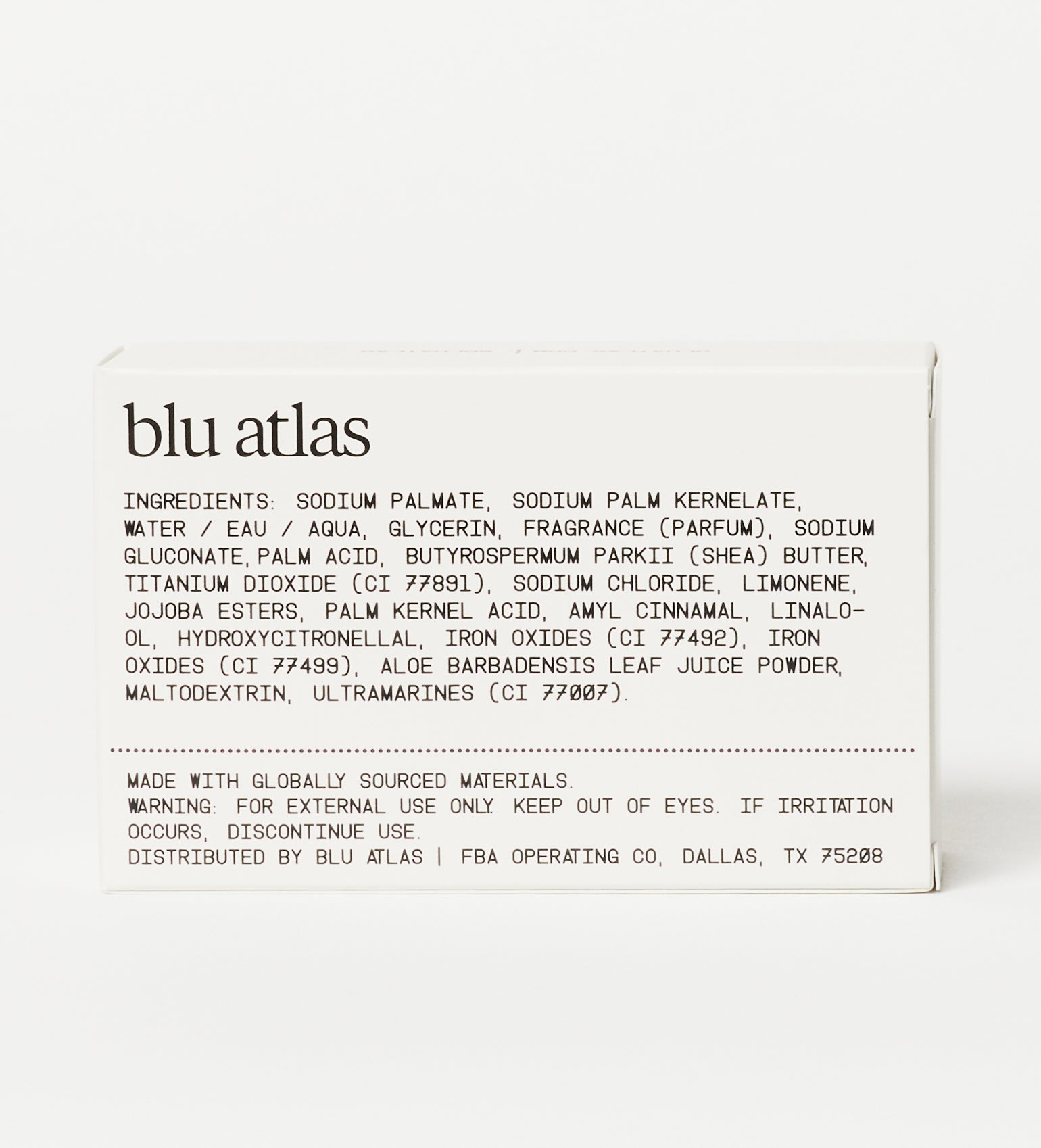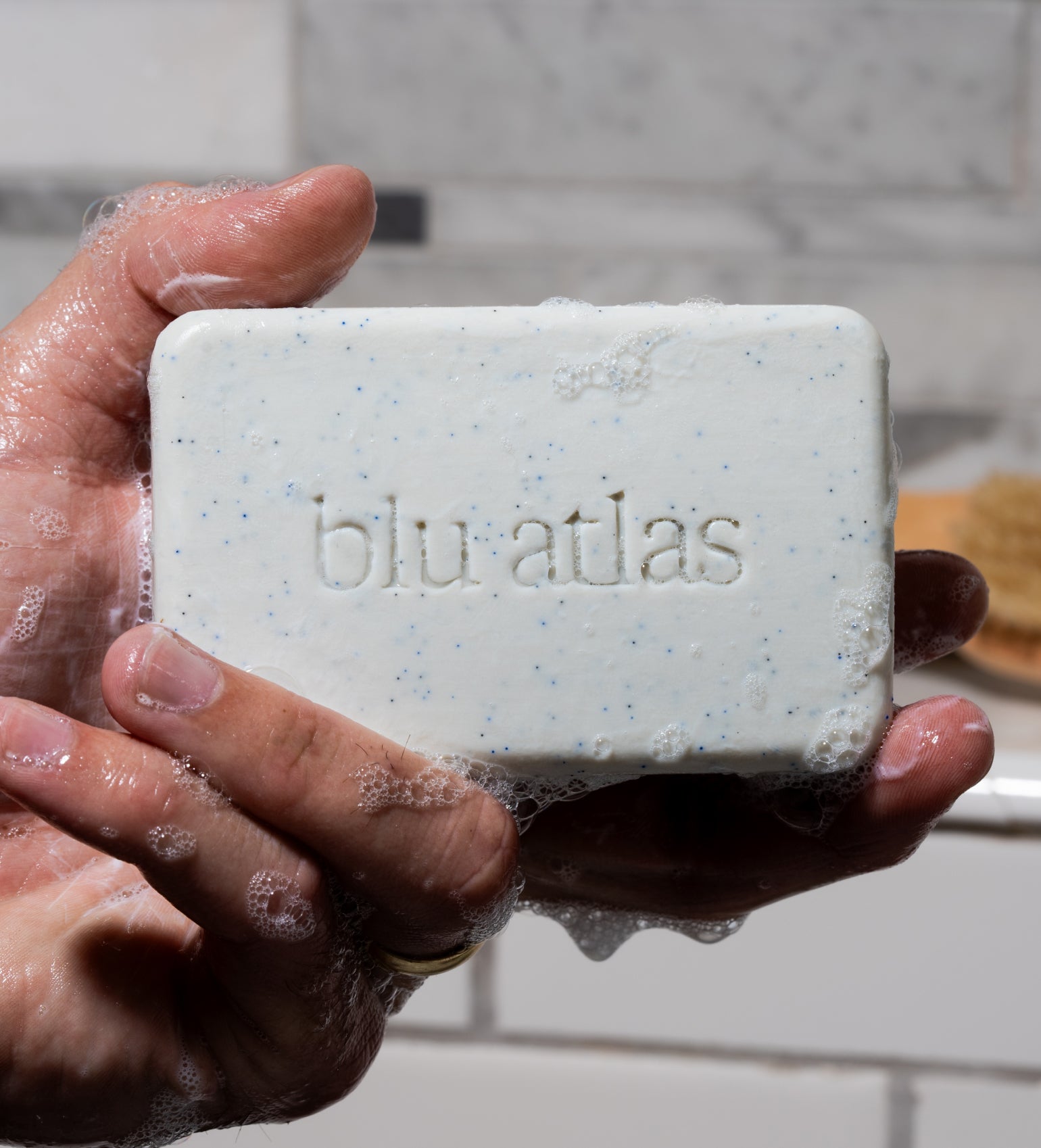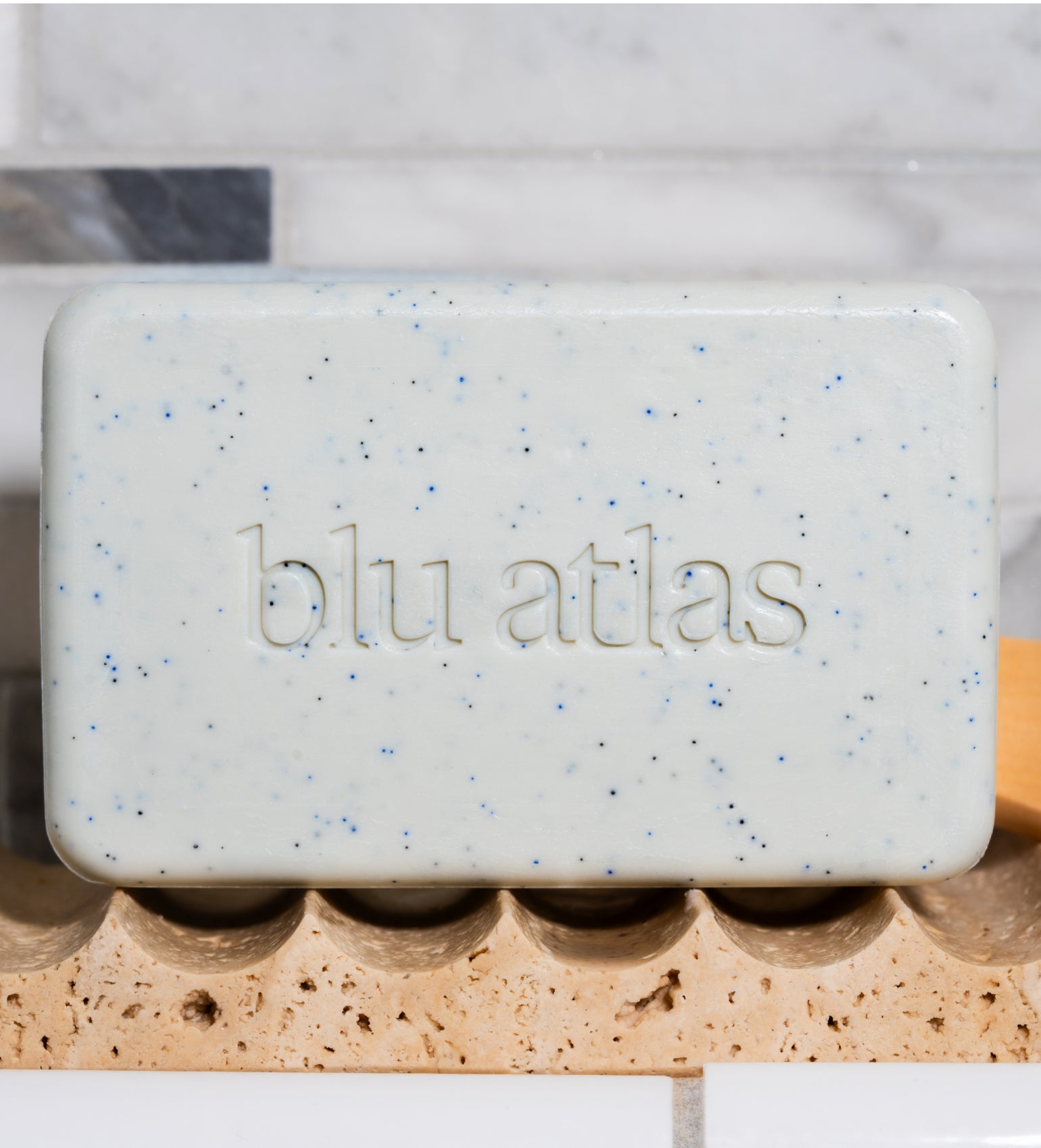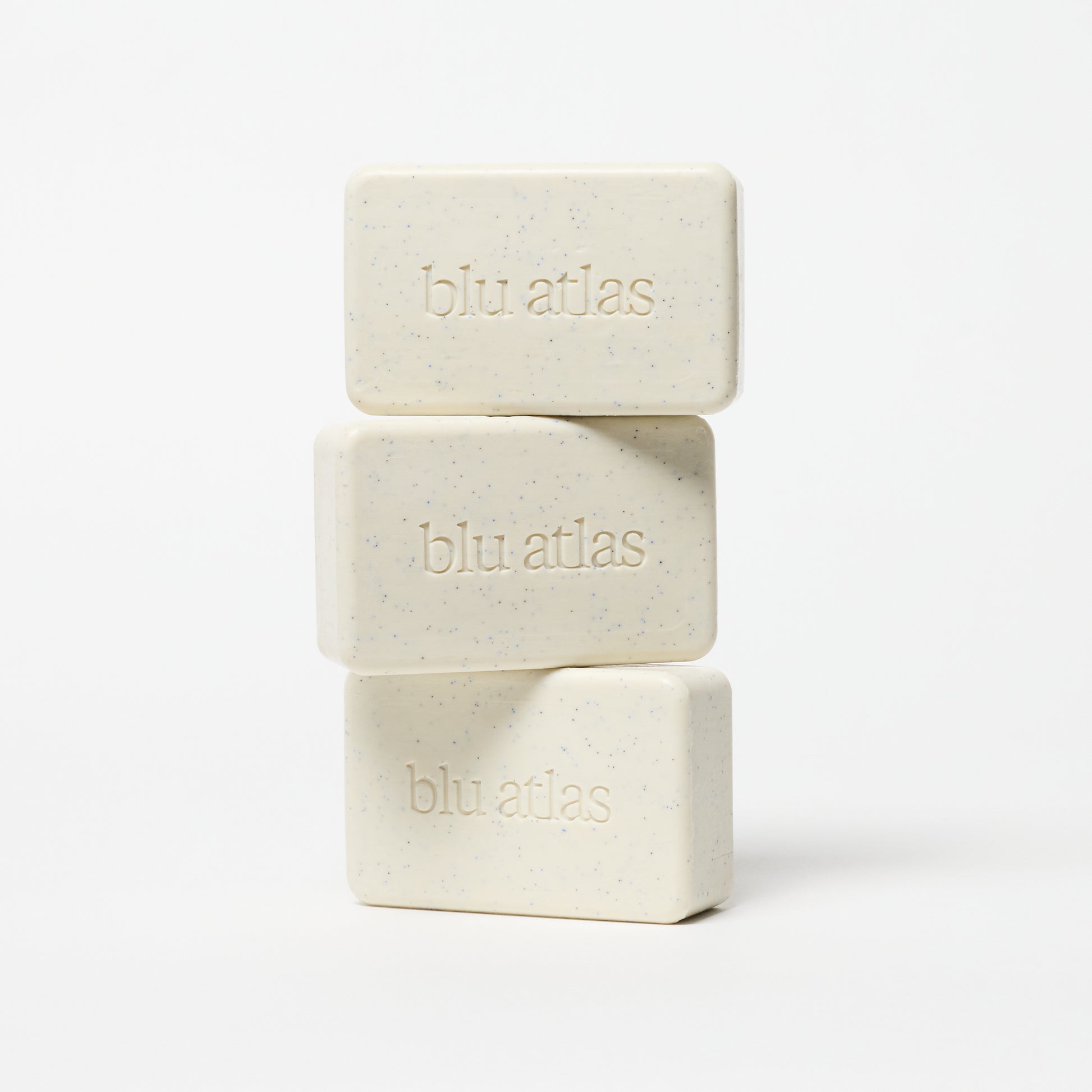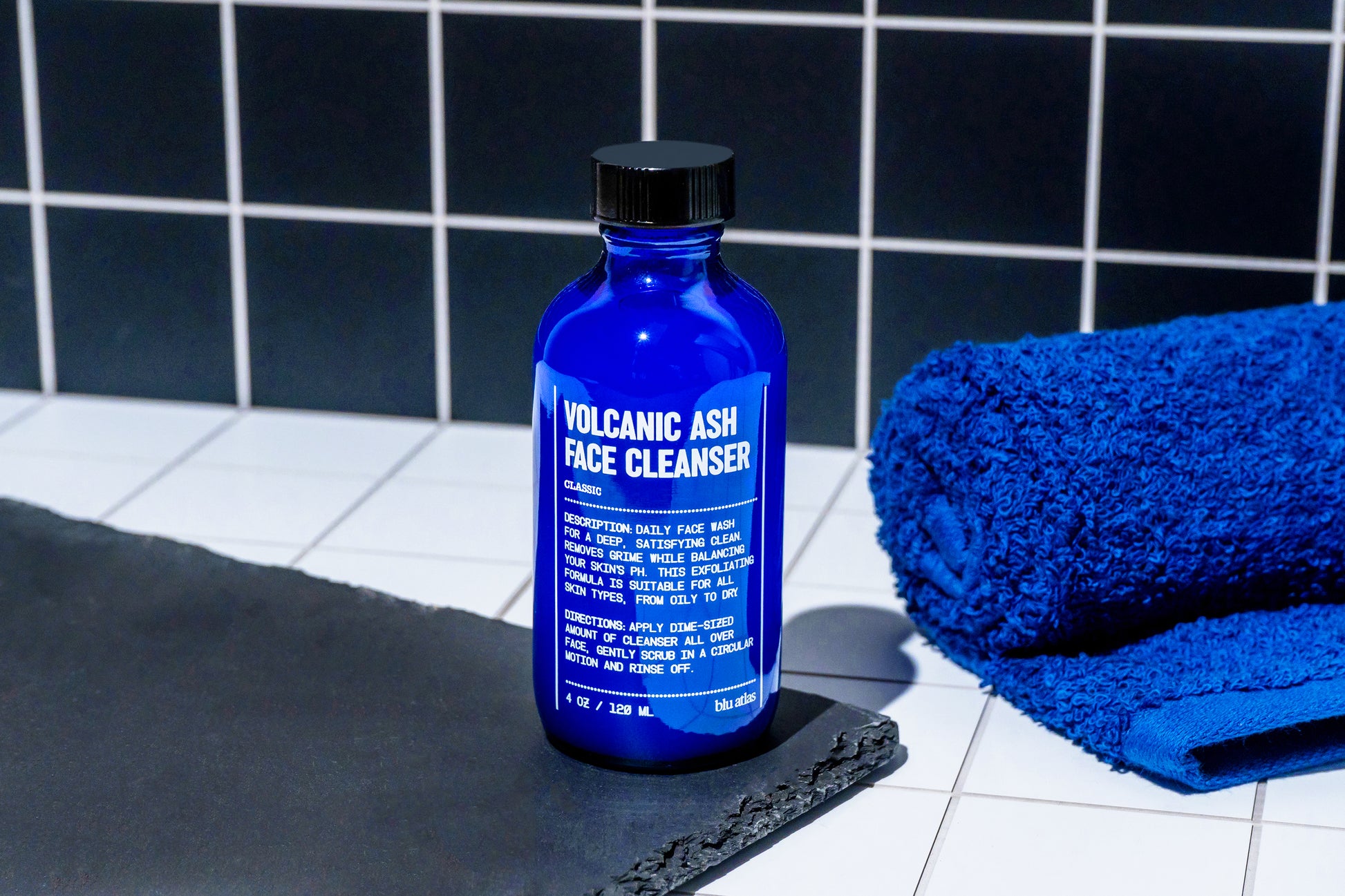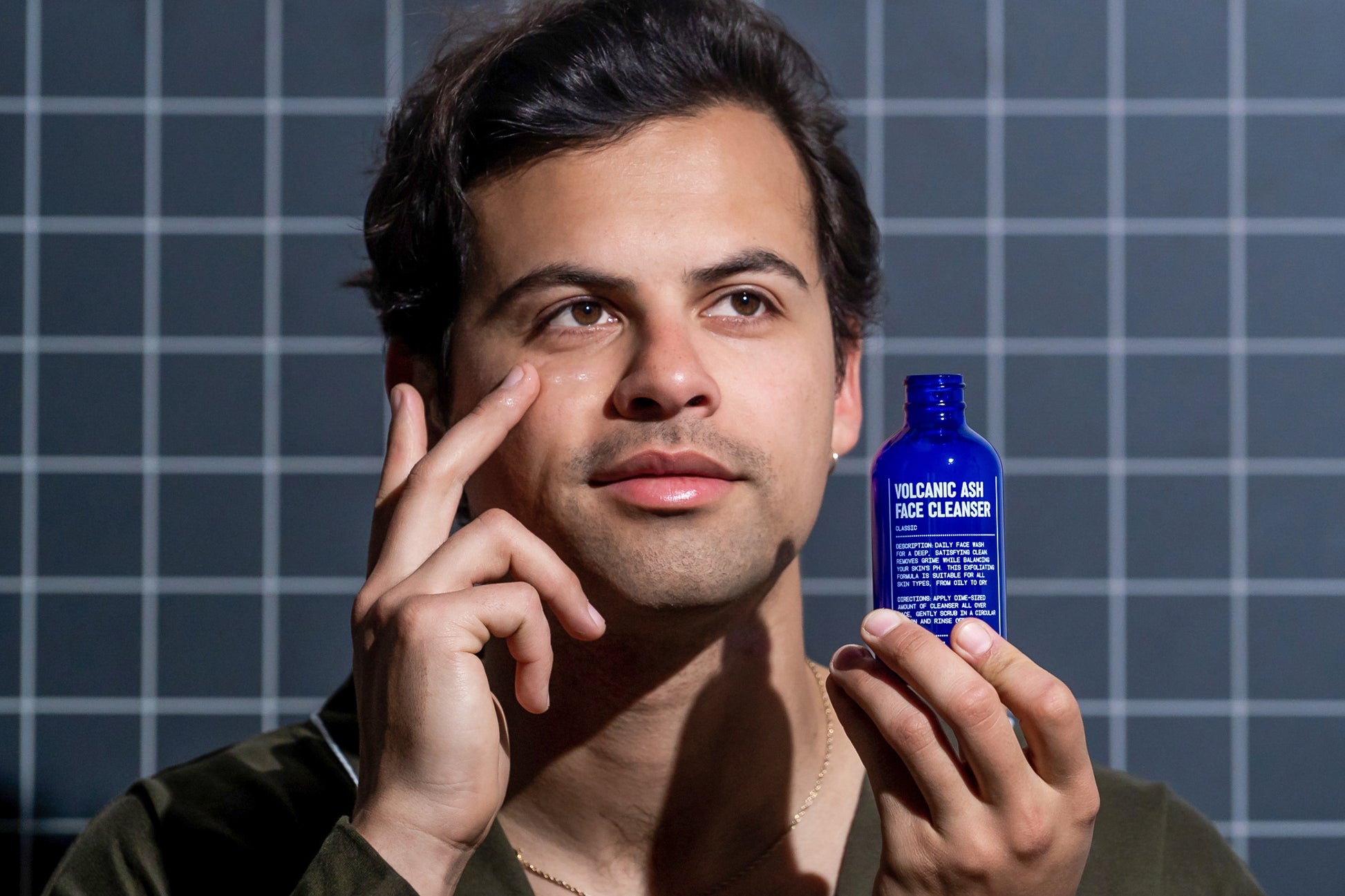"Plenty of serums feature vitamin C, but Blu Atlas has made this antioxidant powerhouse its signature in a serum that’s as effective as it is stylish. Known for no-fuss, accessible skincare, Blu Atlas delivers a solid all-rounder for those easing into the world of liquid hydration." - GQ

Vitamin C Serum
For Dark Spots
Estimated Shipping Widget will be displayed here!
Achieve brighter, smoother skin with this powerhouse serum packed with Vitamin C, Aloe Vera, and Mulberry Root. Ascorbic Acid helps fade dark spots, post-shave discoloration, and sun damage, while Hyaluronic Acid and Aloe Vera deliver deep hydration and reinforce the skin barrier to prevent dryness.
This antioxidant-rich formula also supports collagen production to improve firmness and reduce fine lines. Mulberry Root and Apple Fruit Extracts soothe irritation and reduce redness, leaving your complexion clear, calm, and radiant.
How to Use
Benefits
Ingredients
Frequently Asked Questions
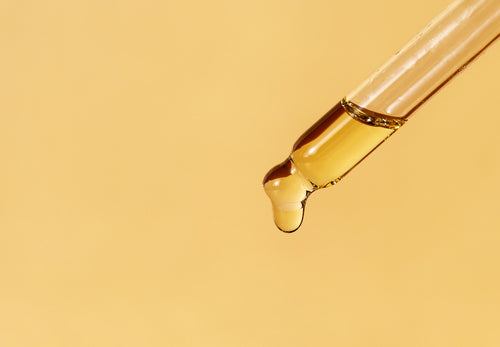
Hydrate, Brighten, Repeat

Tough on Dark Spots, Gentle on Skin

Hydrating Face Moisturizer for All Skin Types
An ultra-hydrating moisturizer designed to target dry and dull skin. Nourishes and conditions skin with ingredients like seaweed extract, vitamin C, and mango seed butter. Suitable for all skin types.
Shop our Best Sellers
Clean Ingredients
Naturally derived and free from harsh chemicals.
Proven Results
High-performance formulas that actually work.
Trusted by 100K+
American-made and customer-approved.




